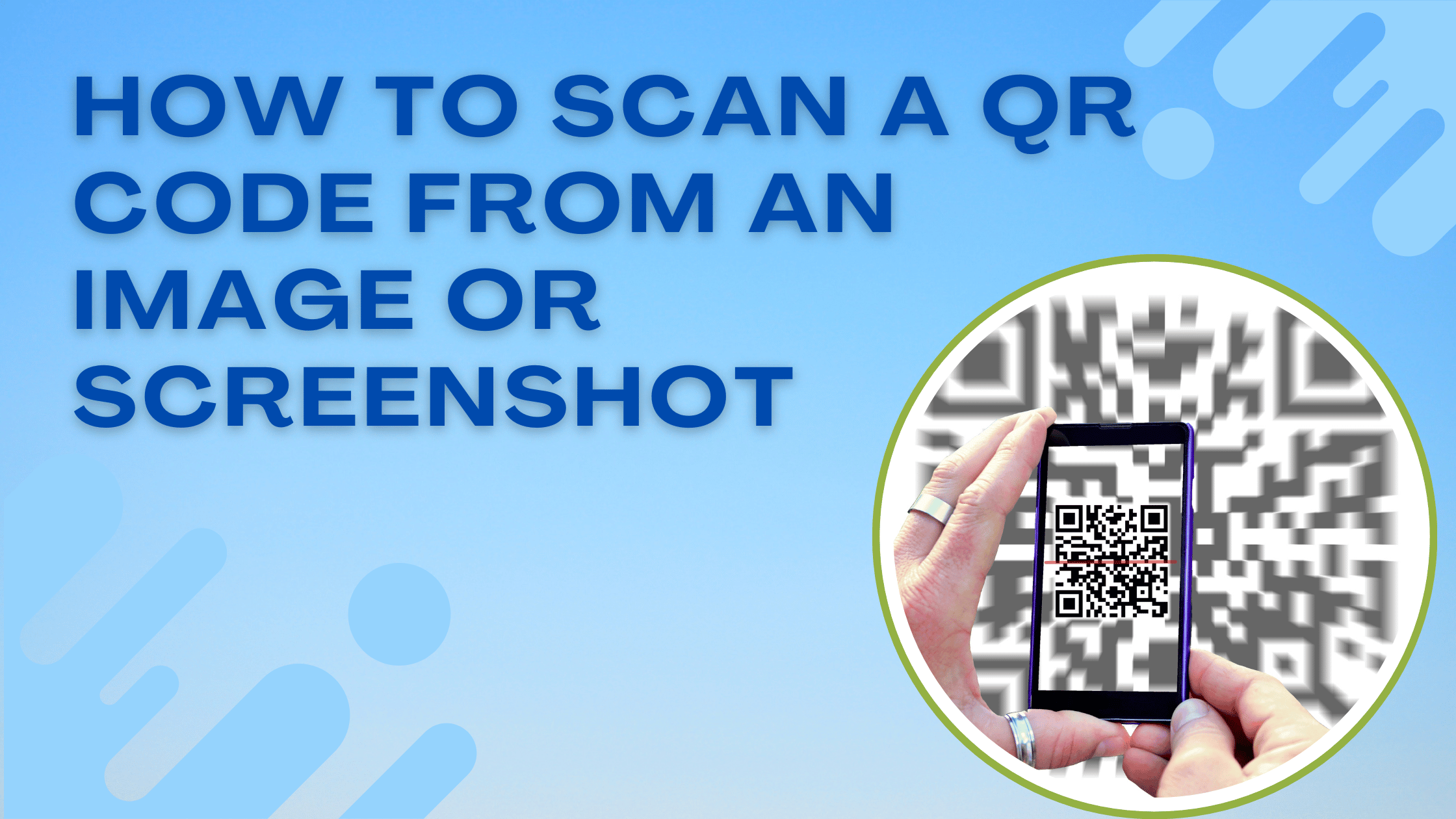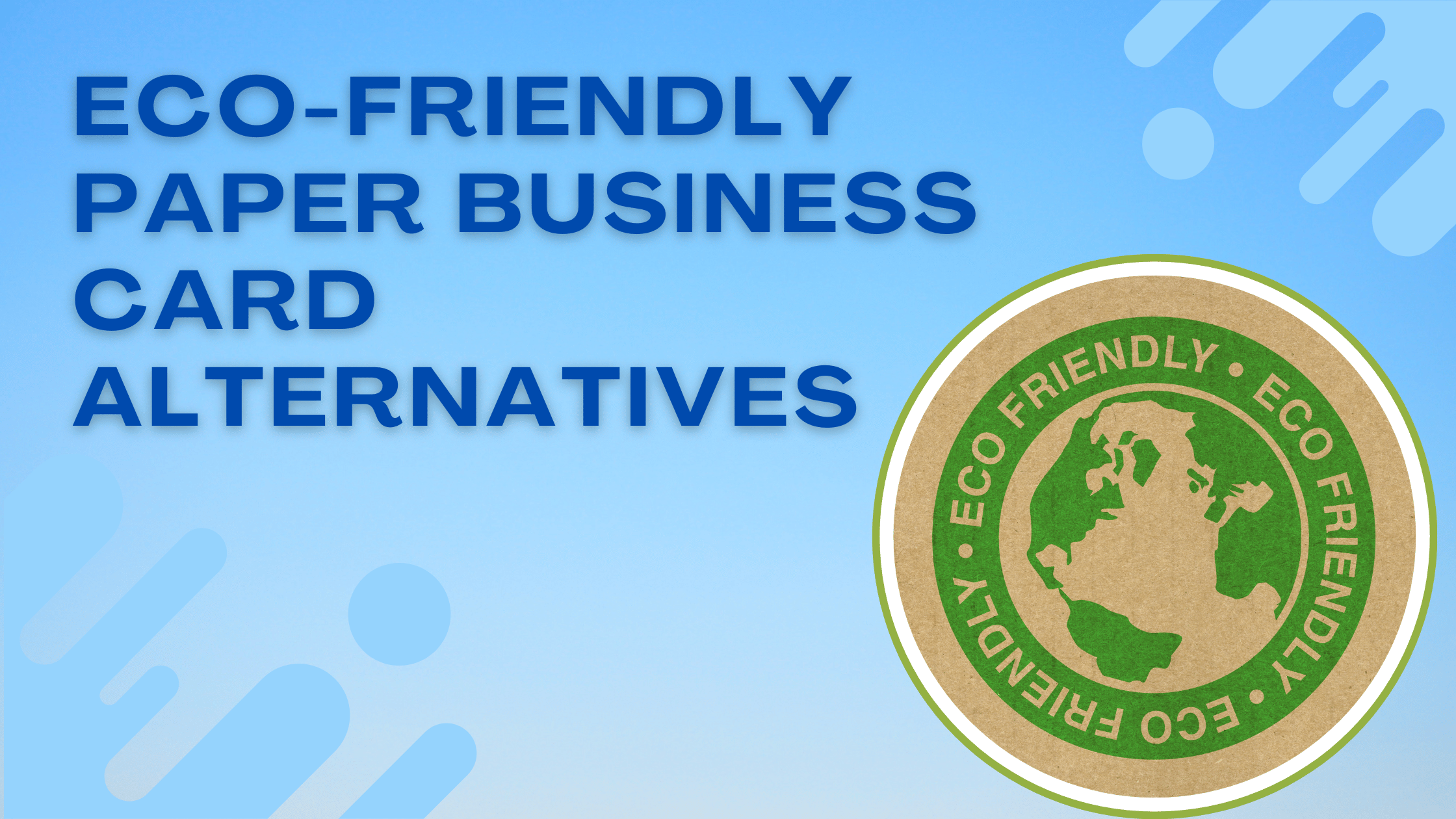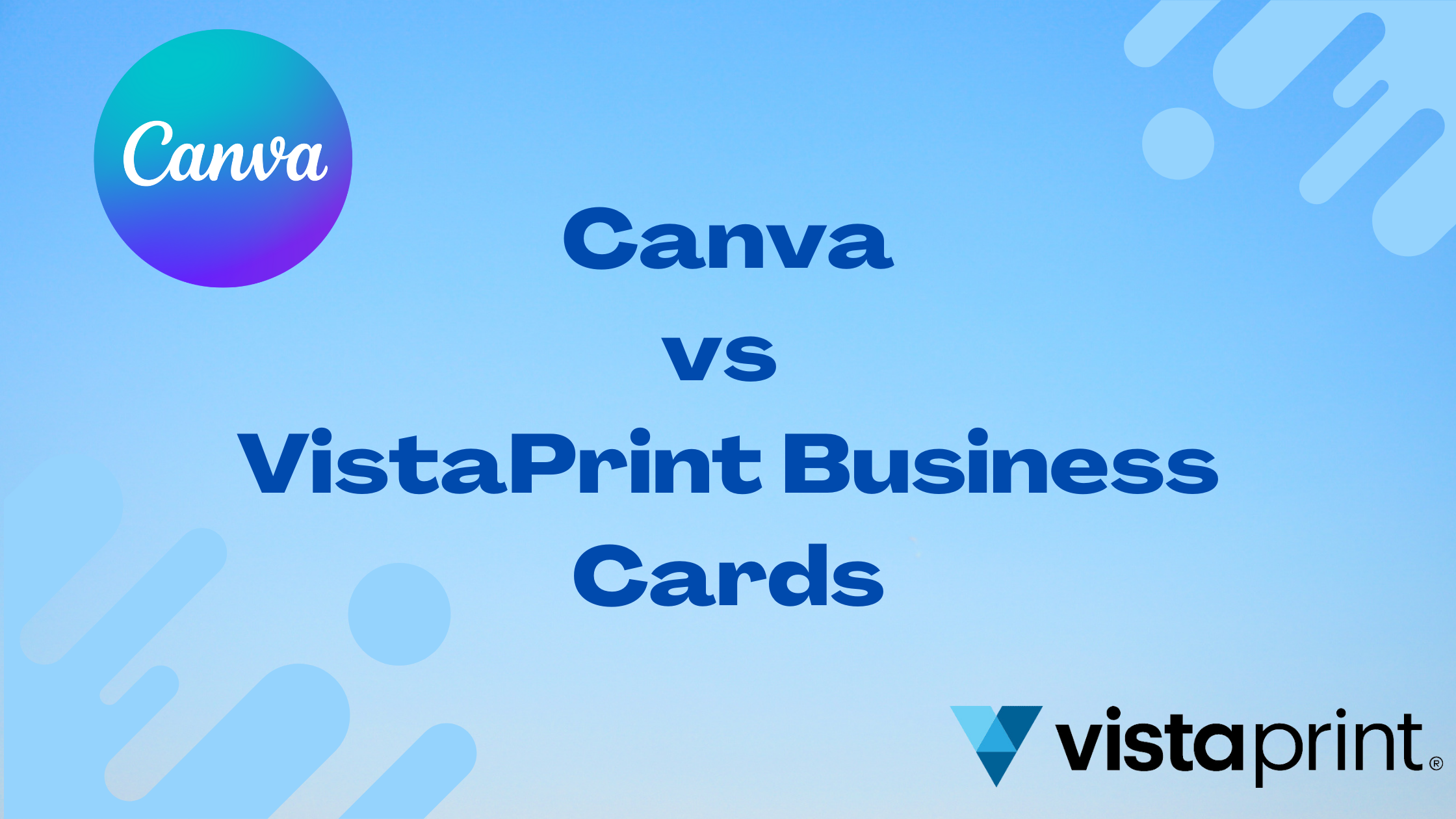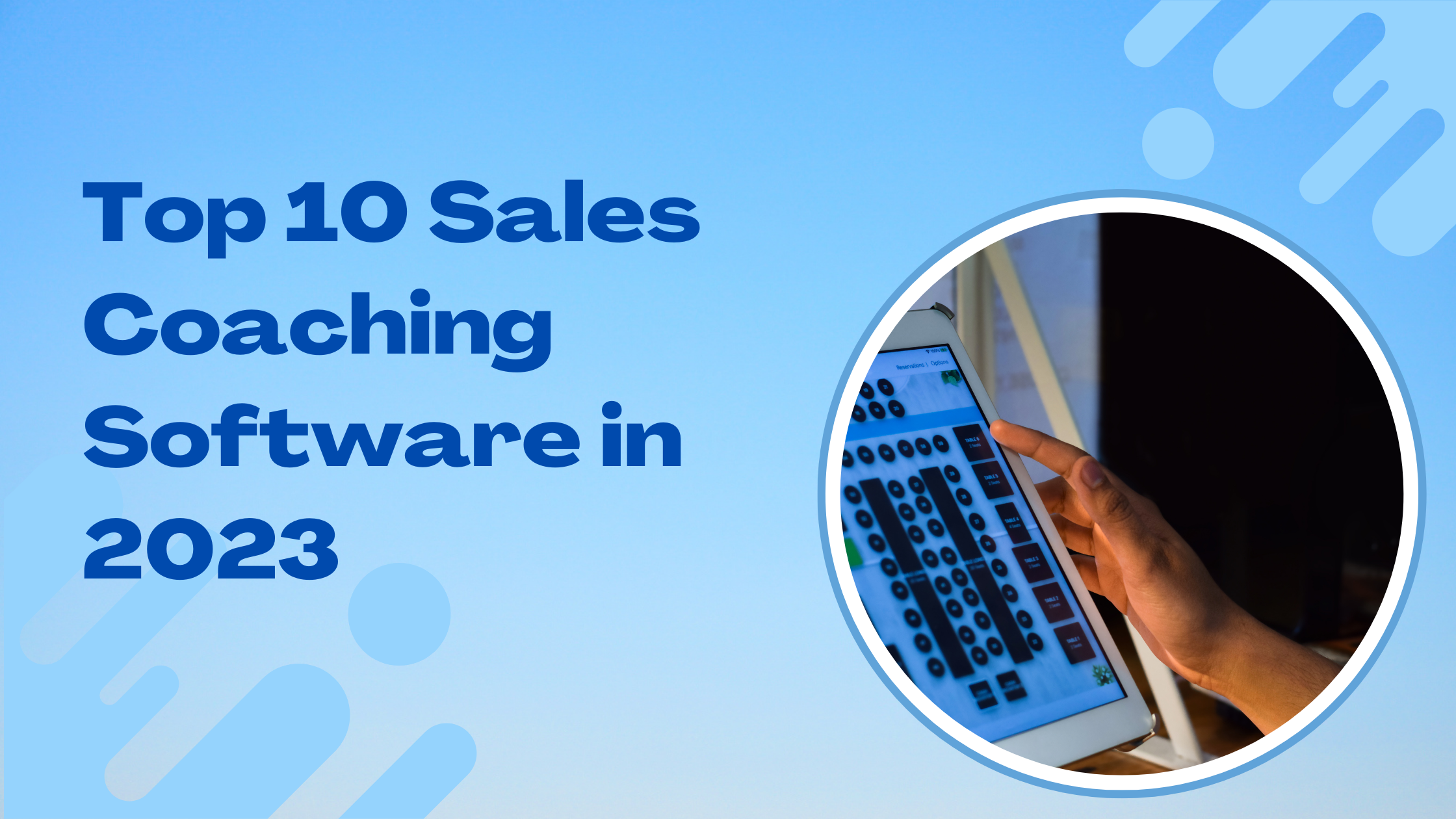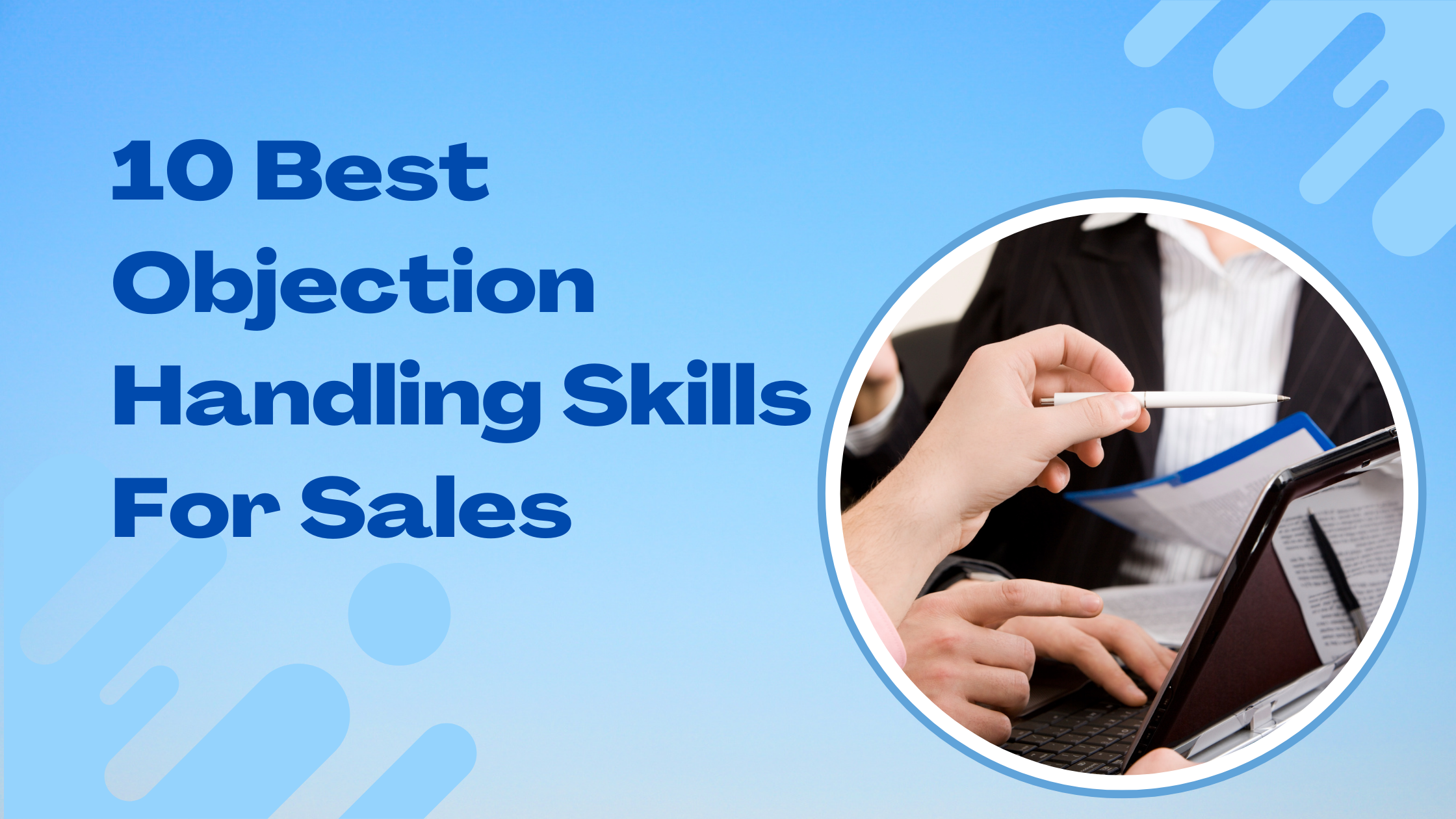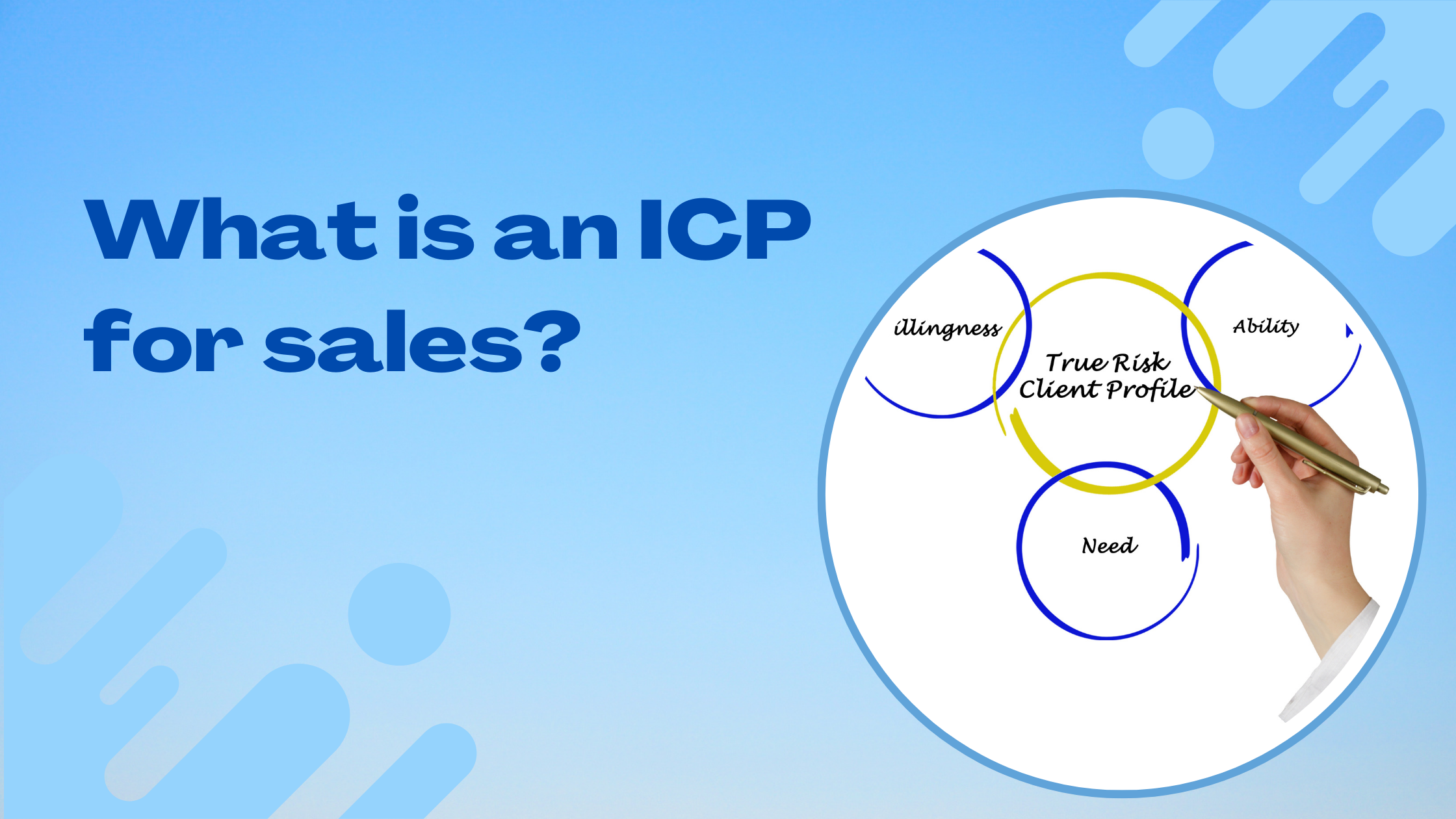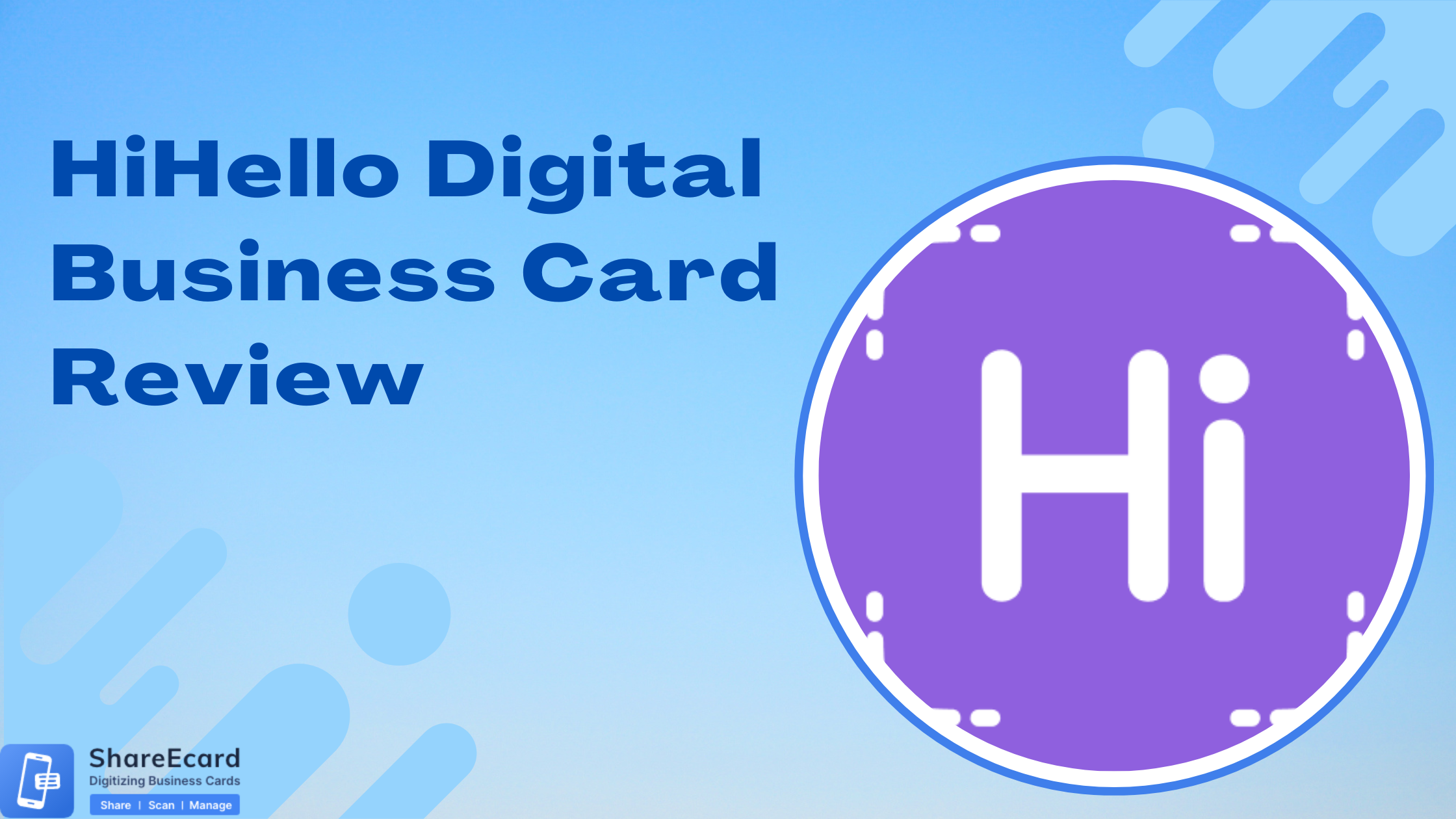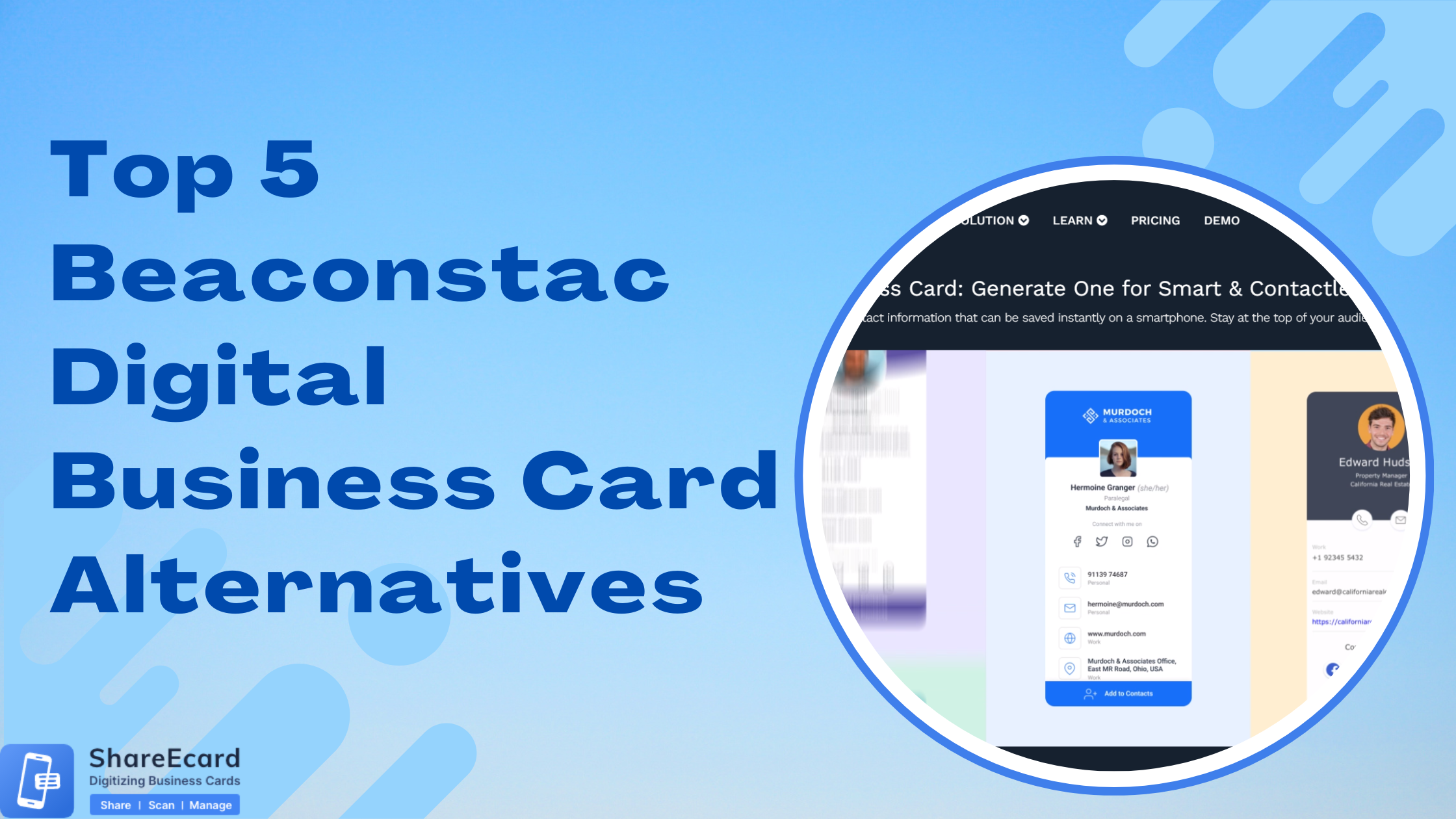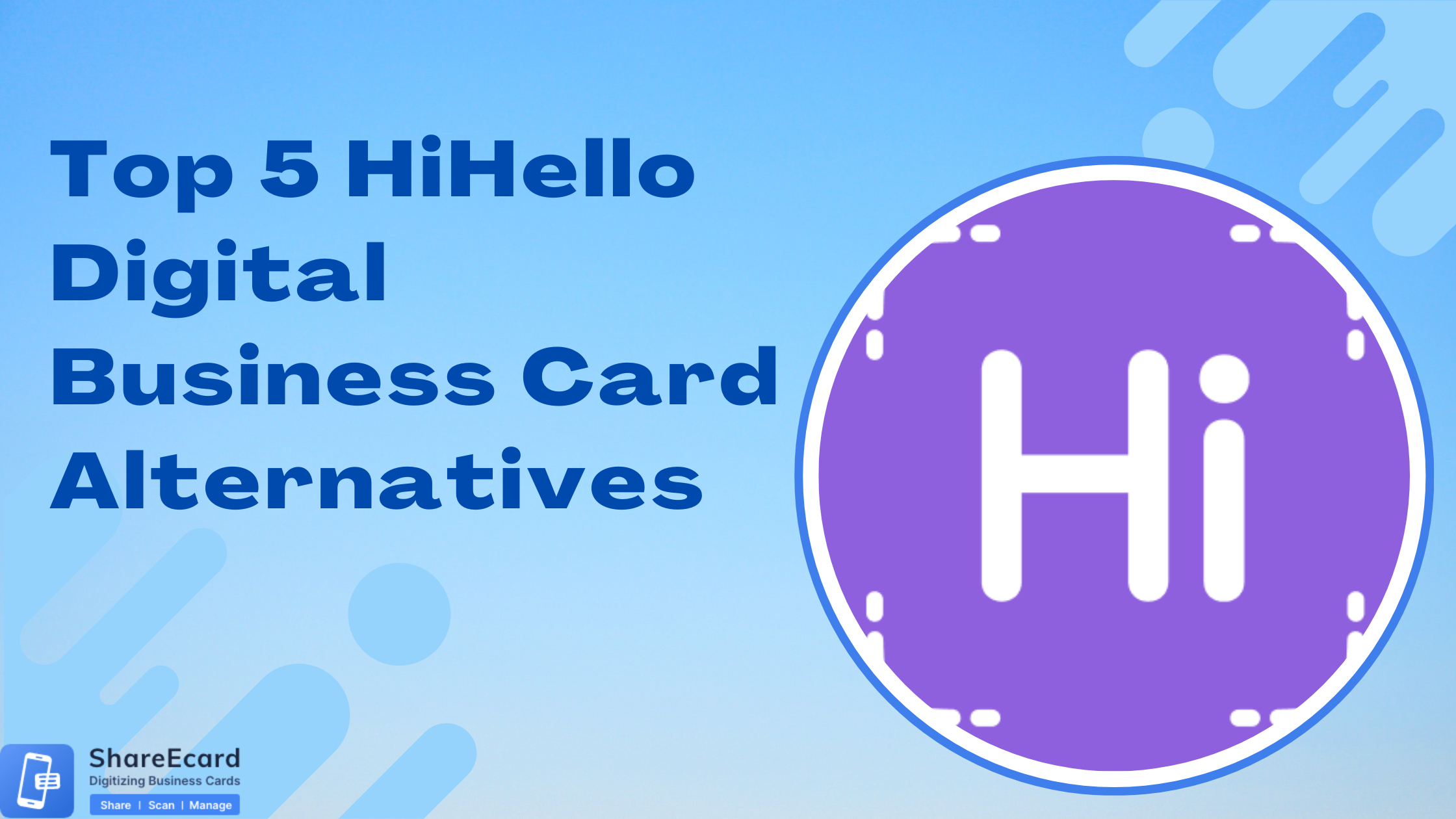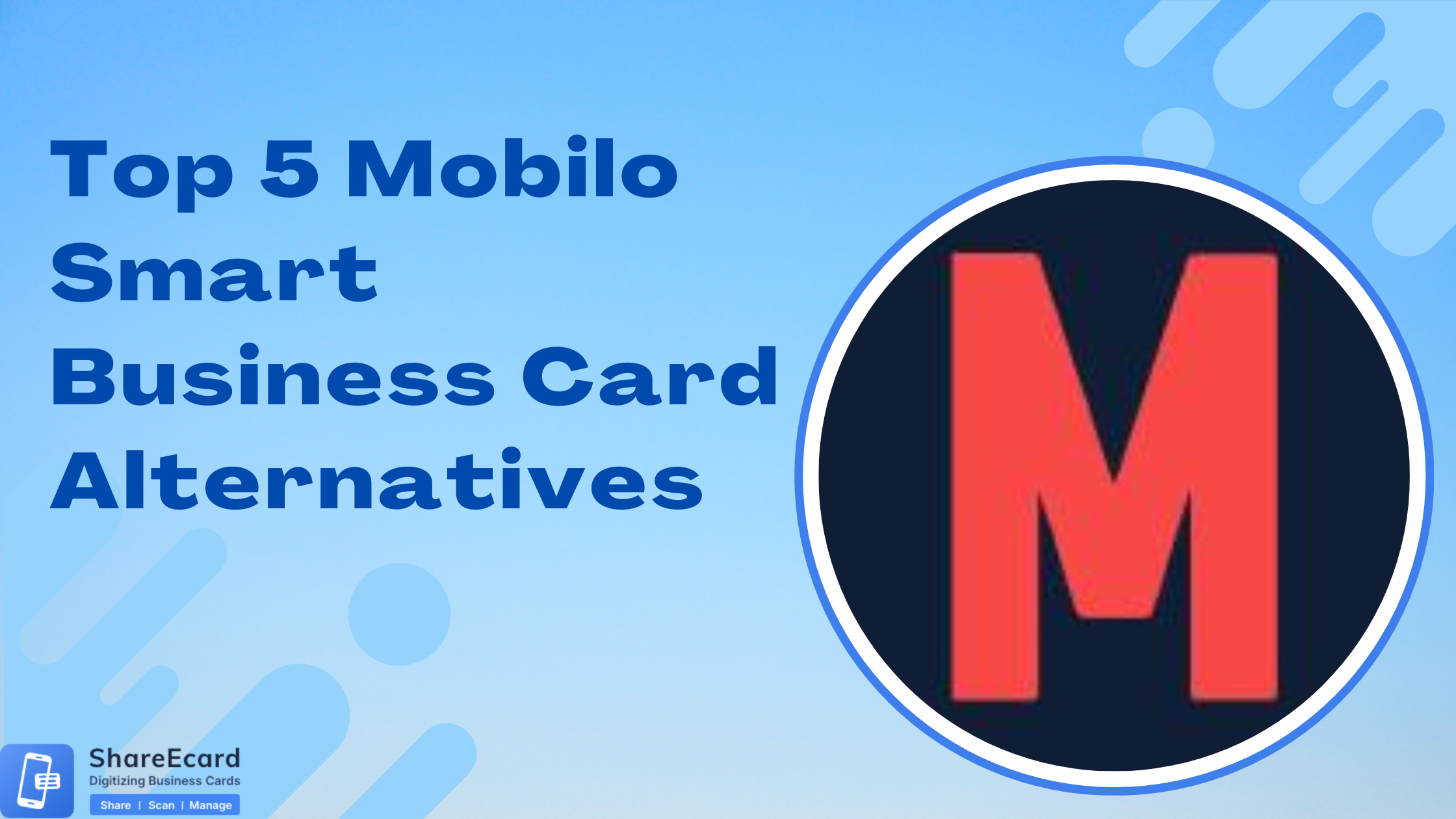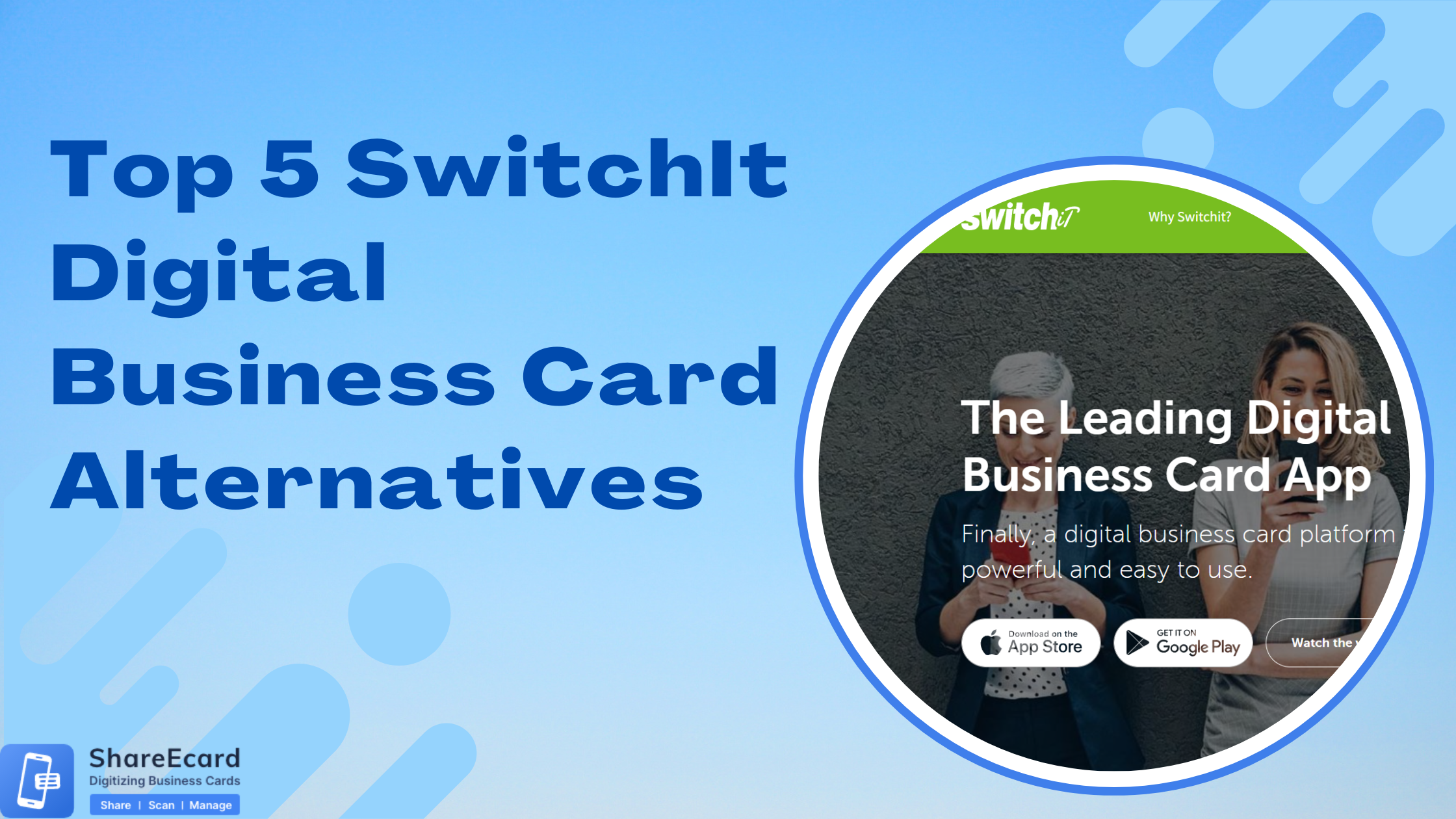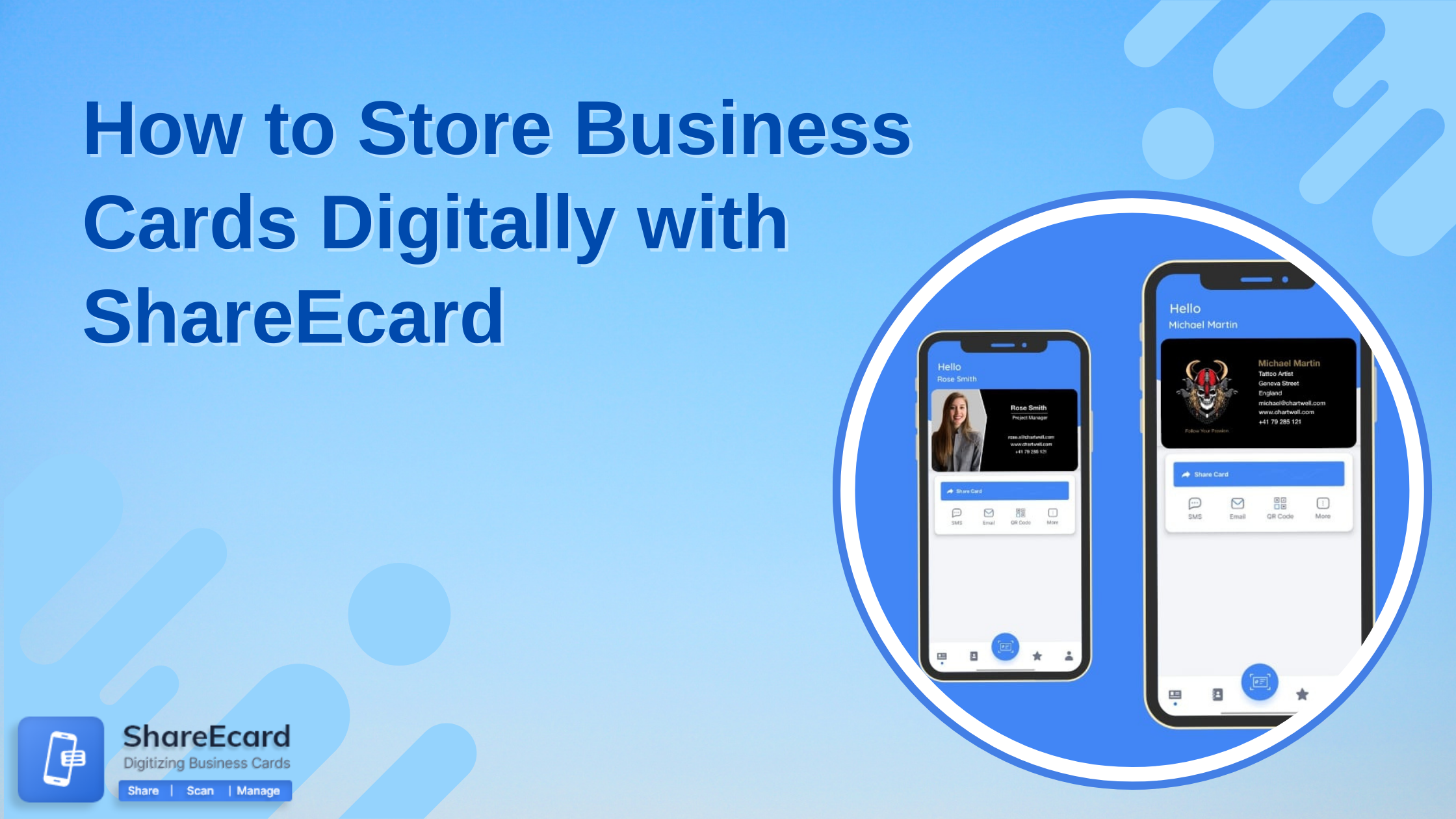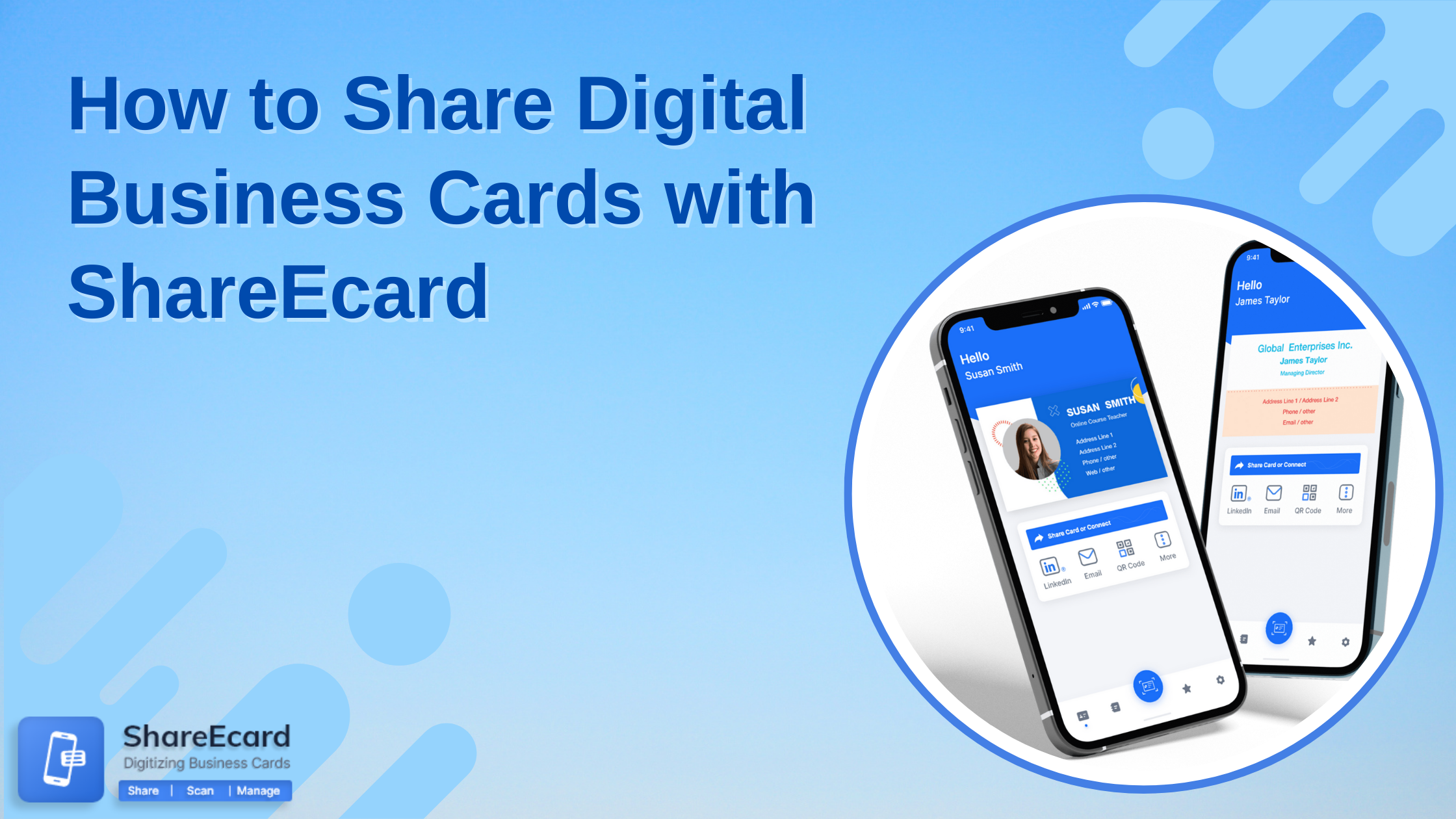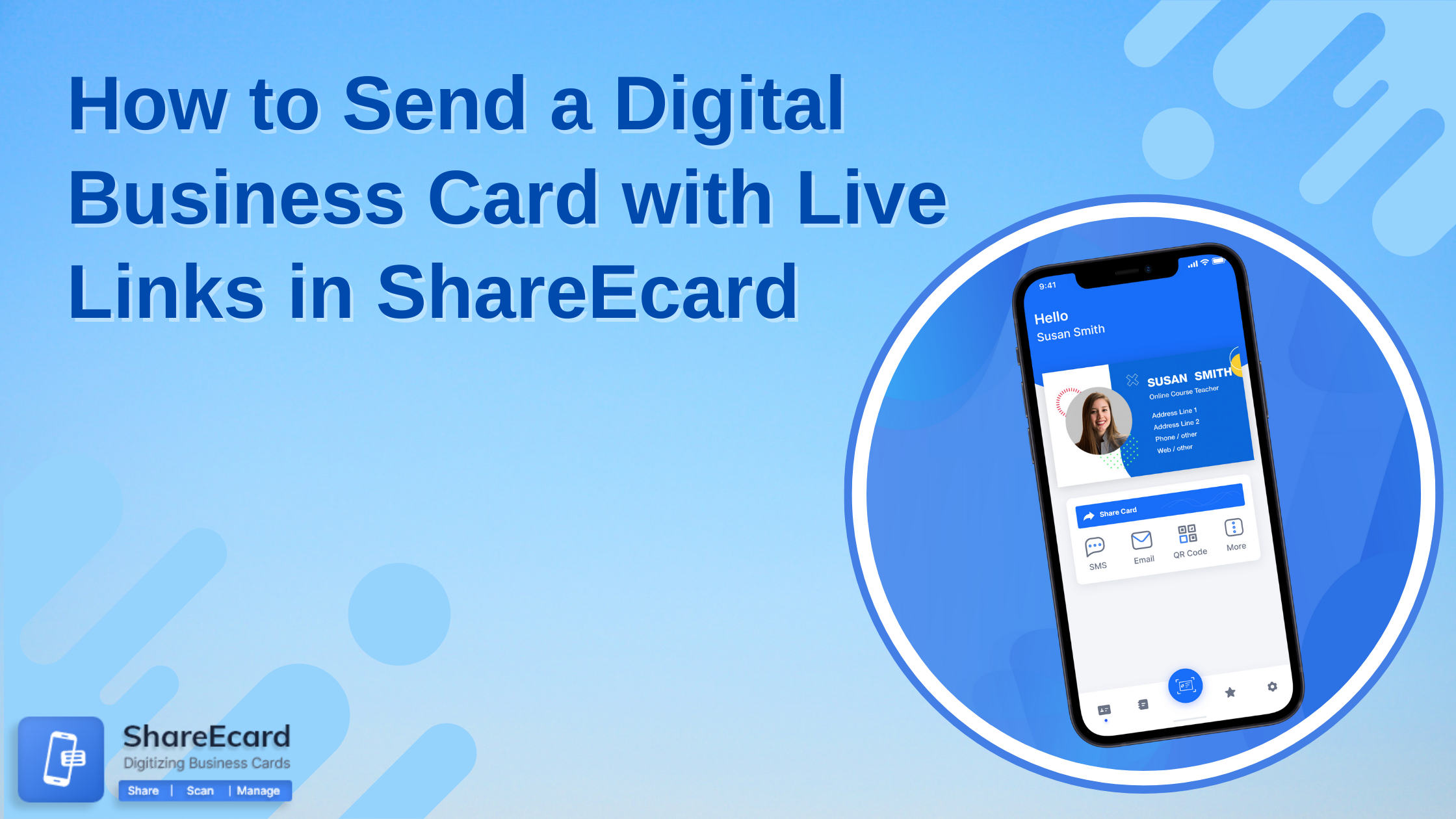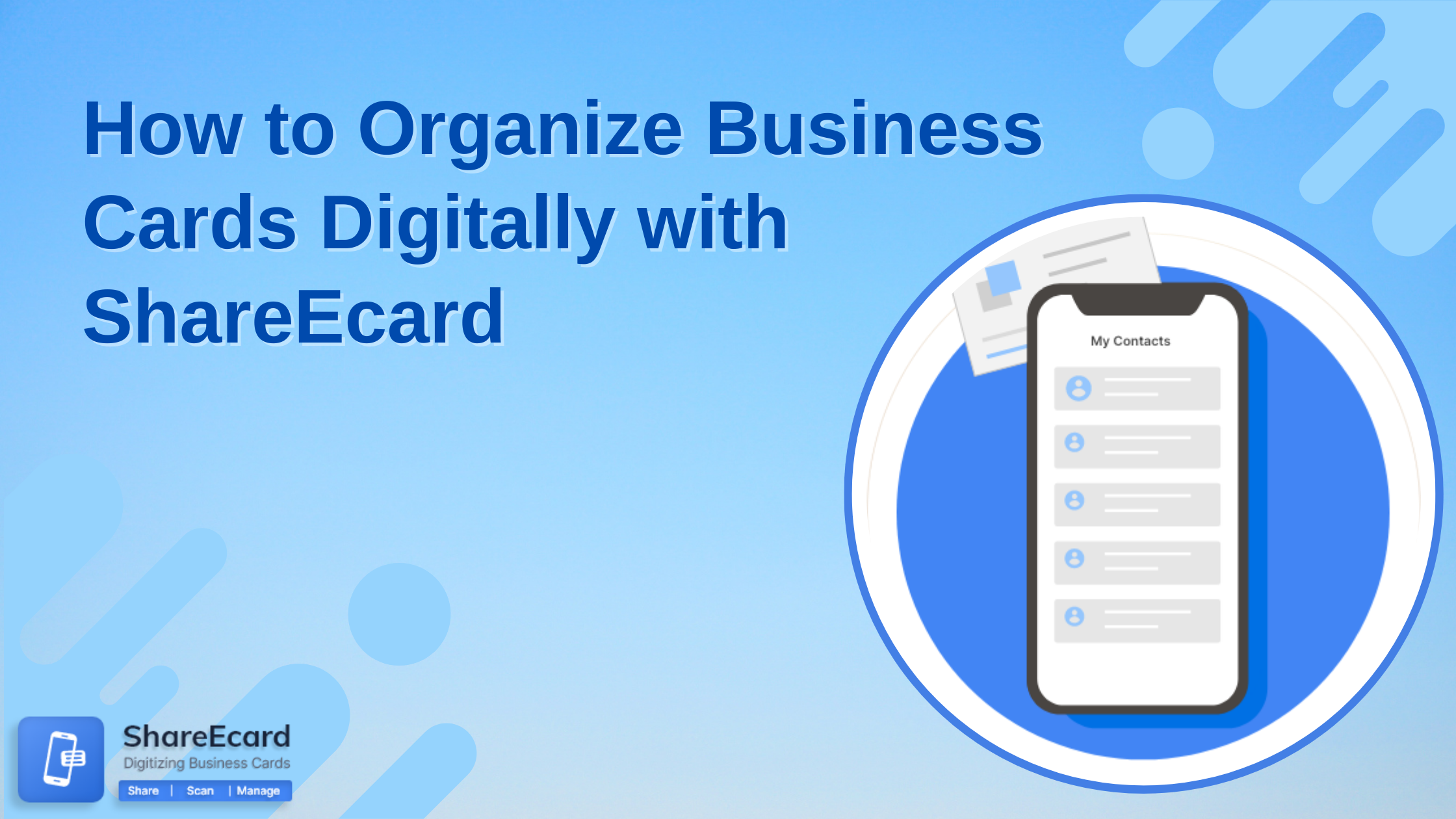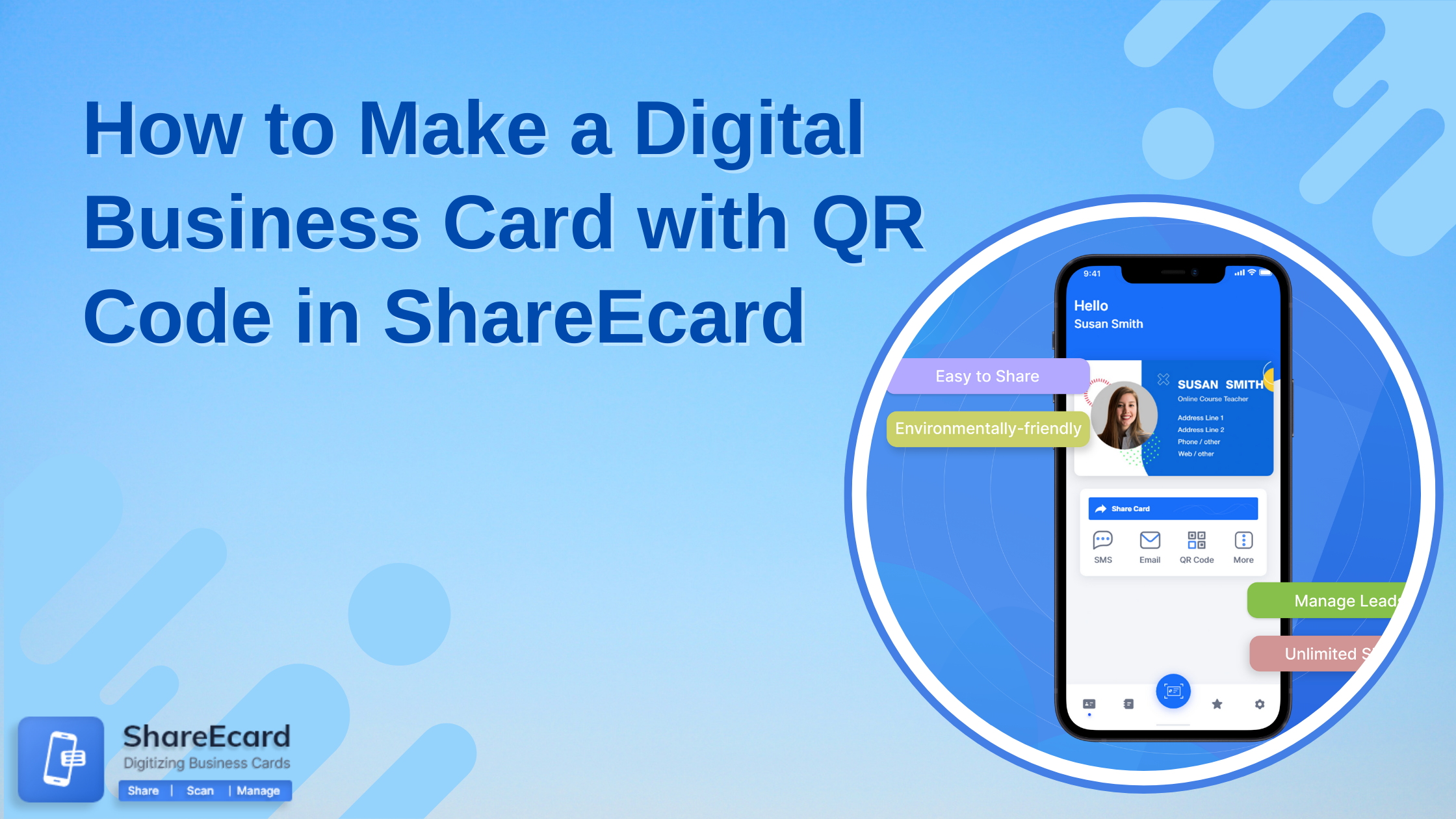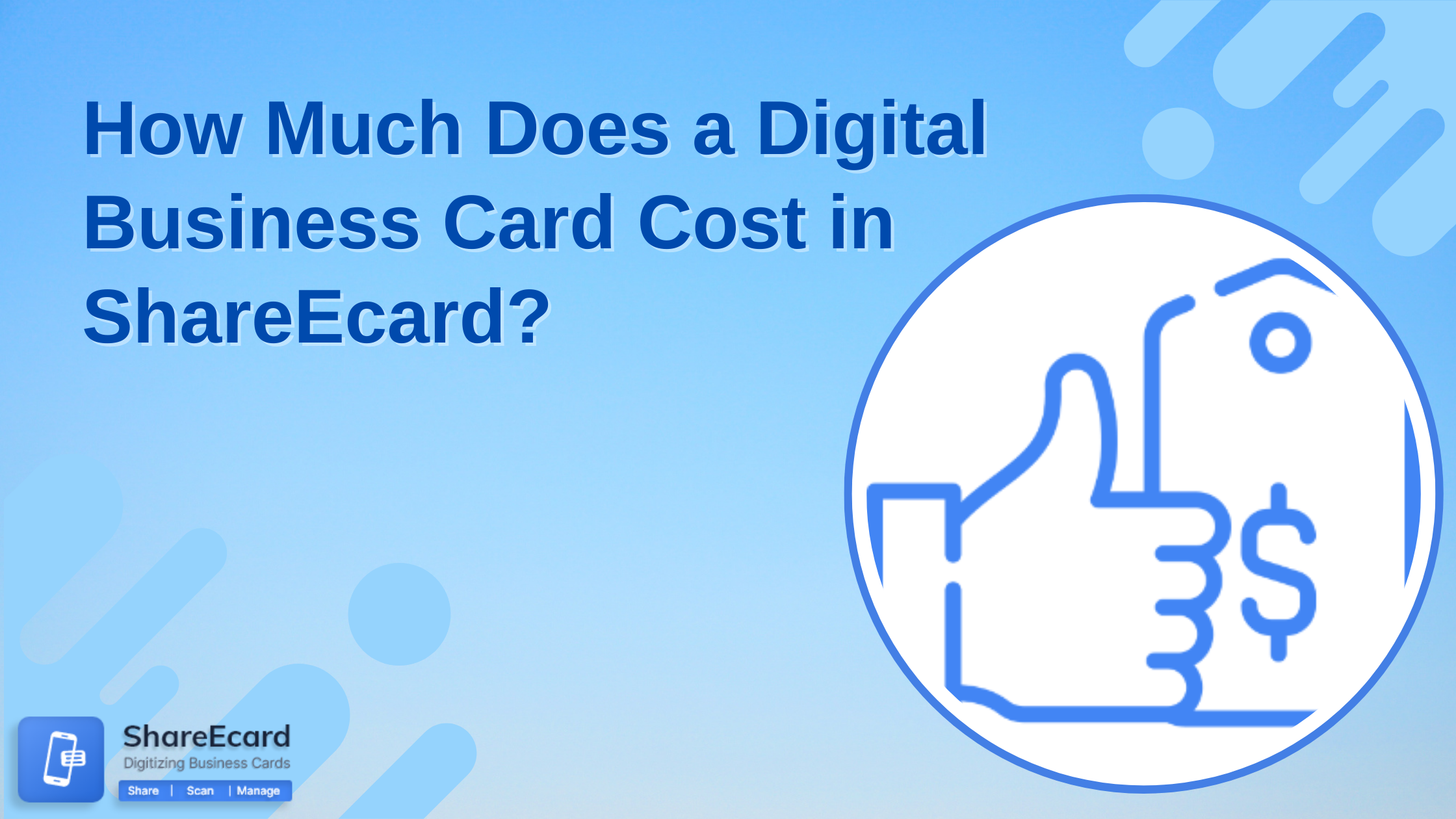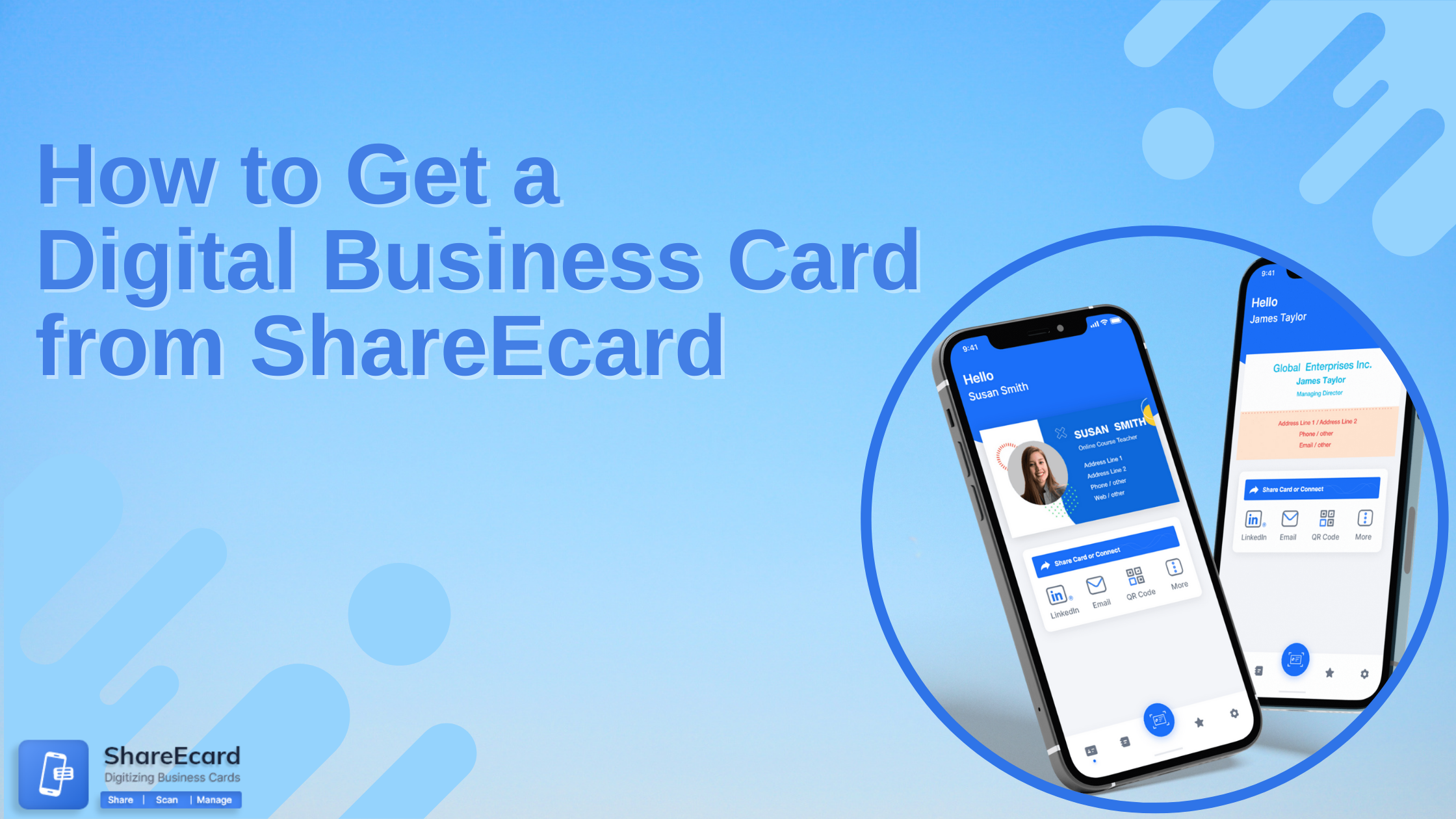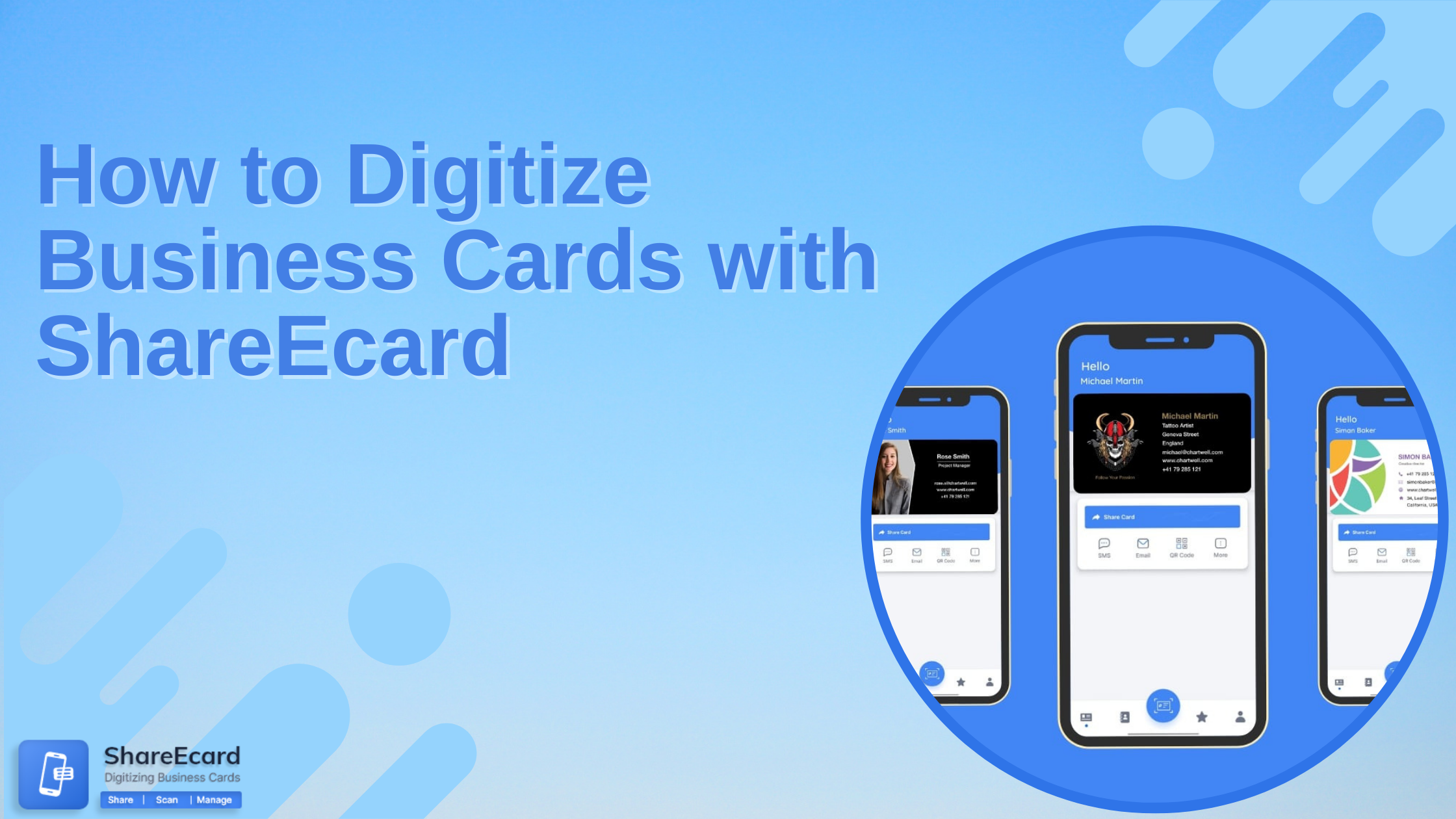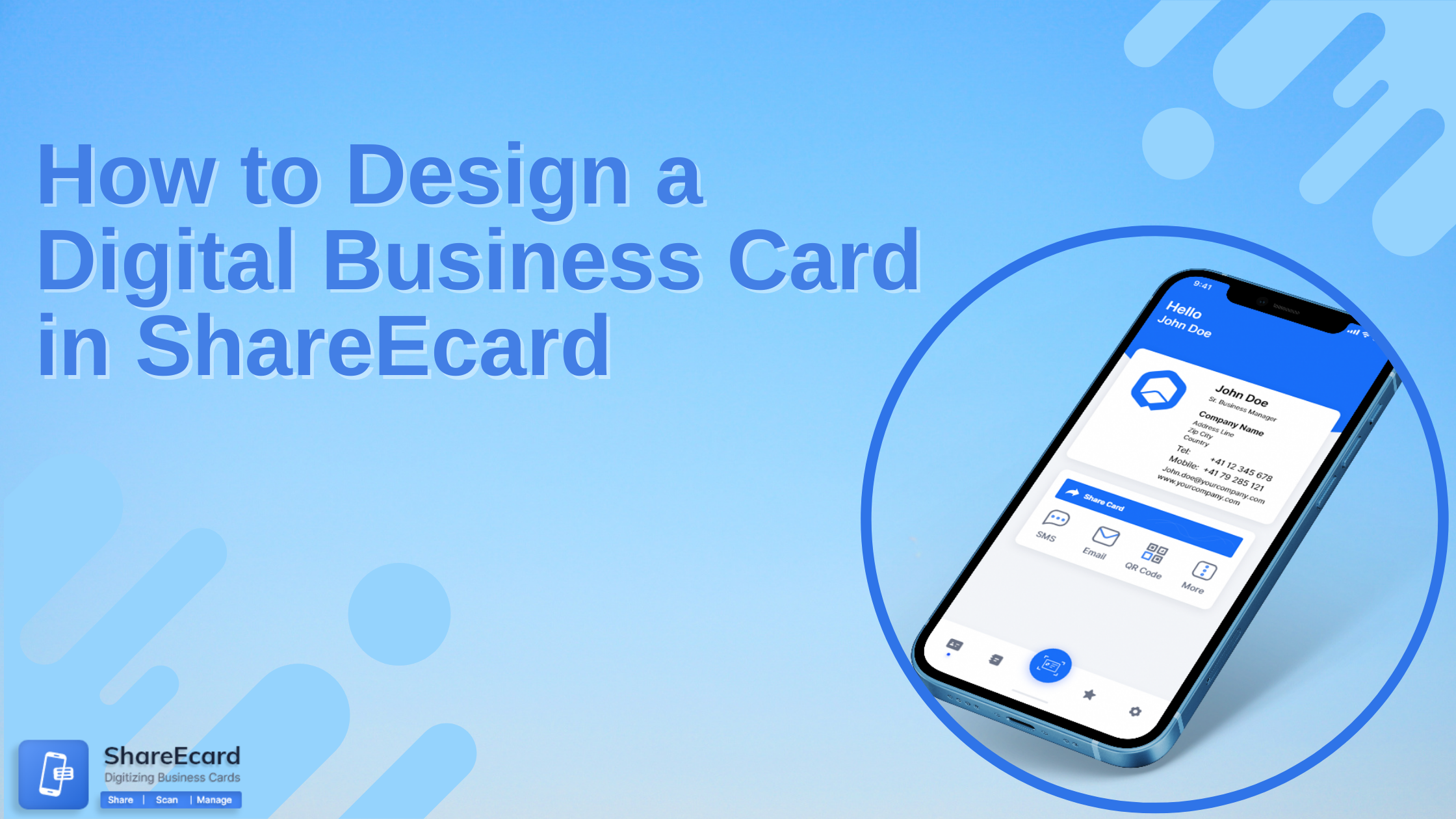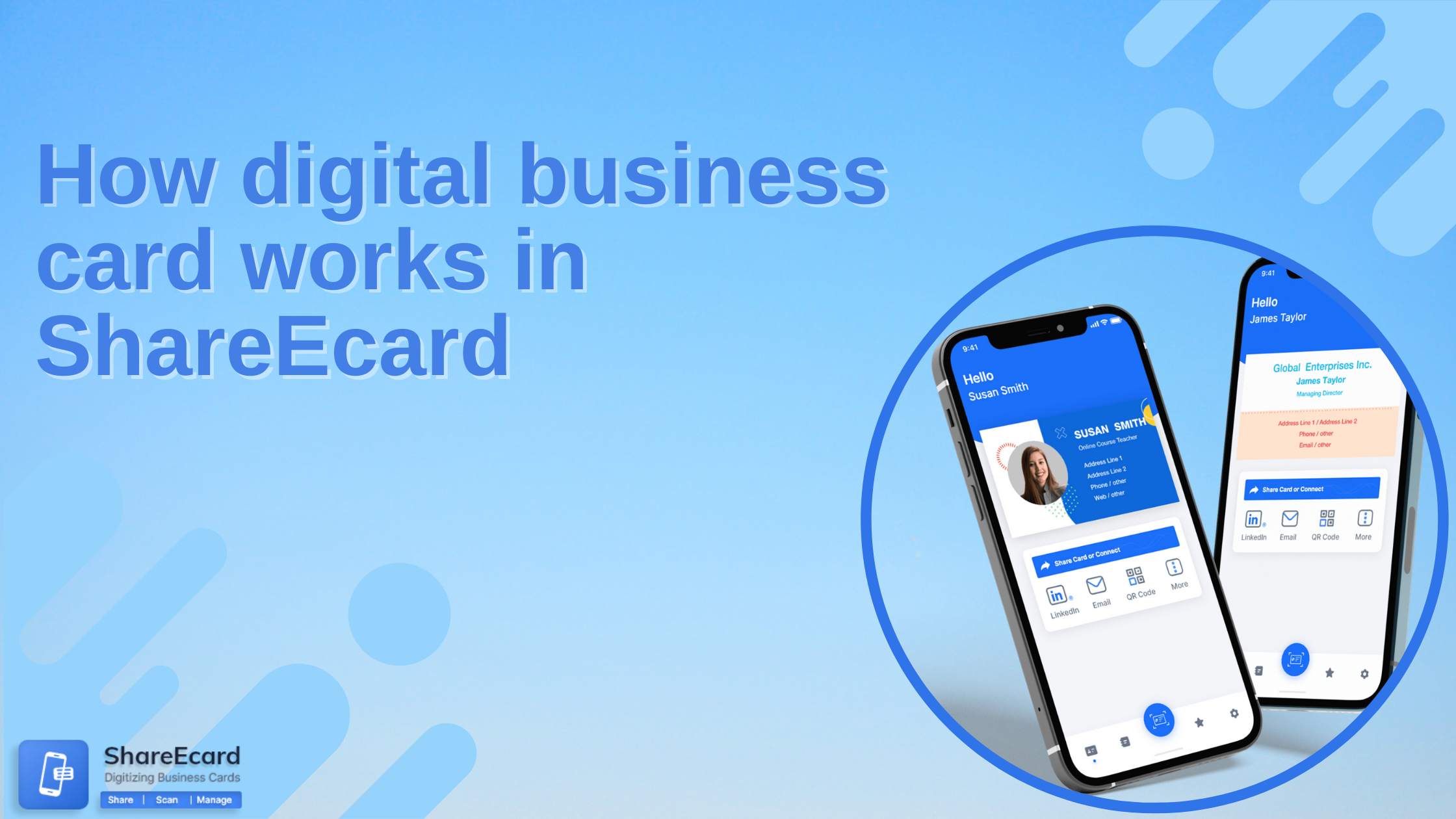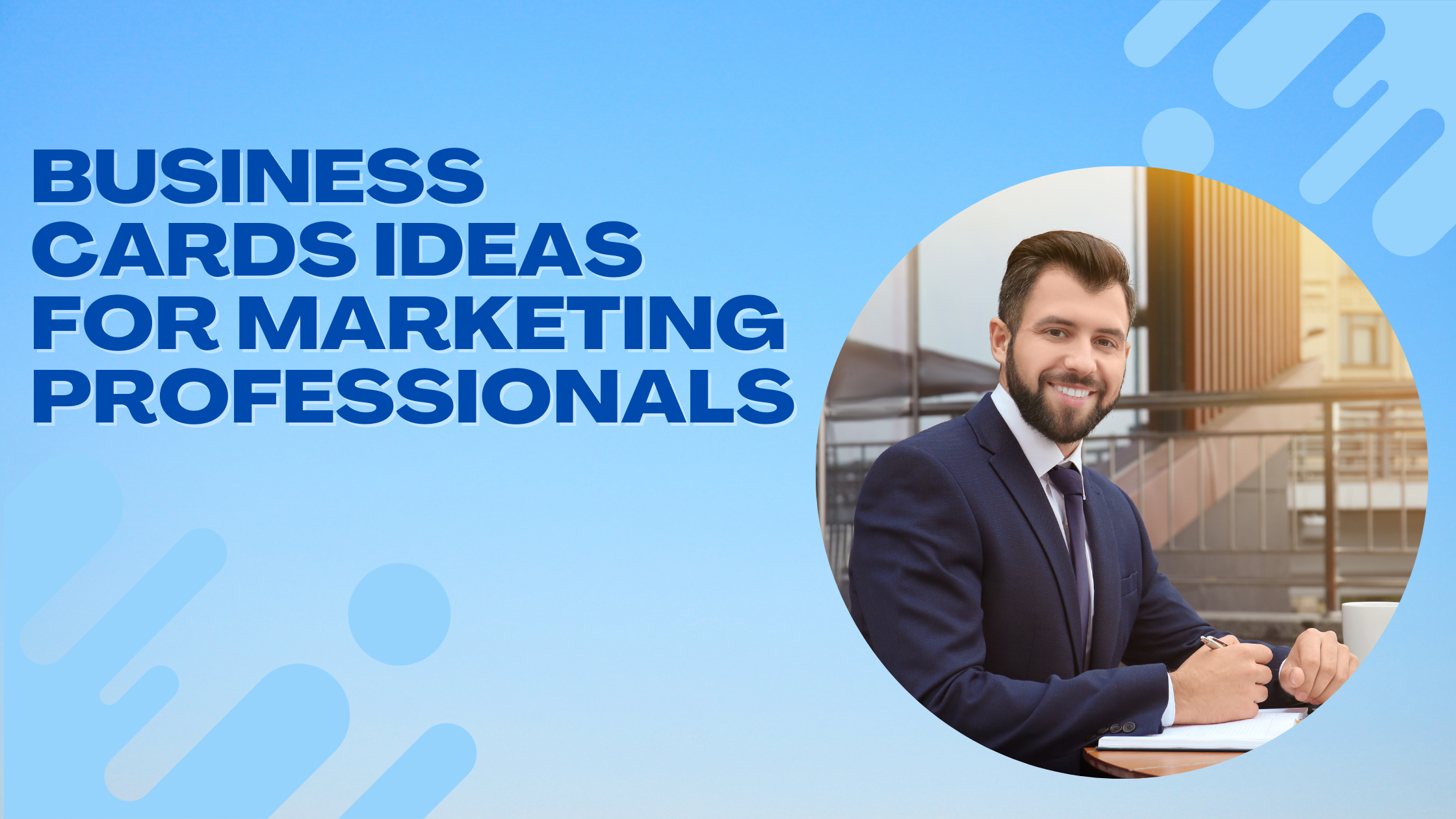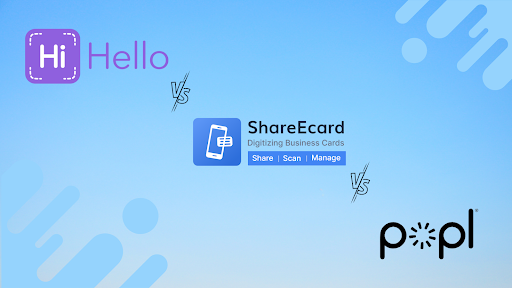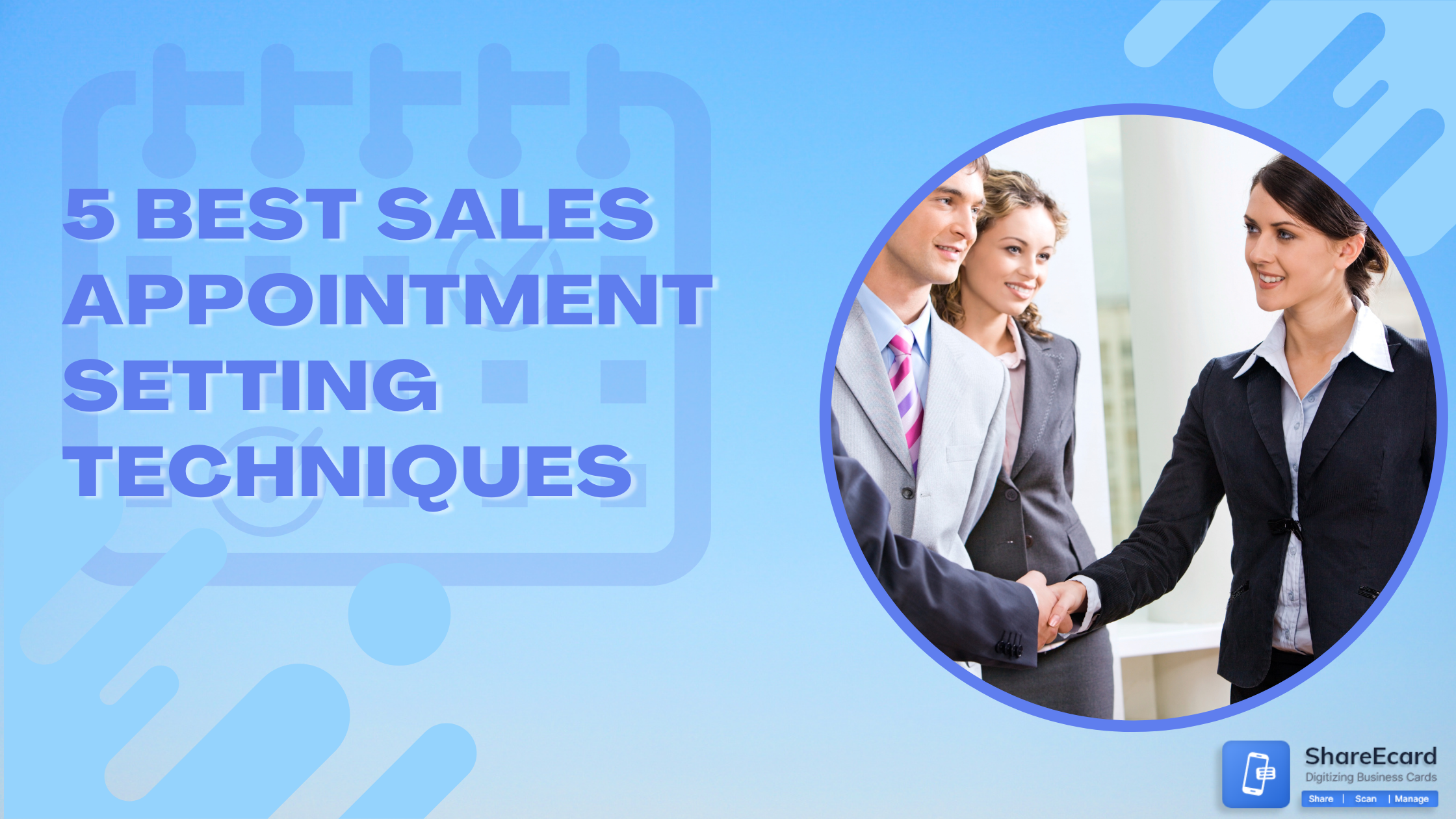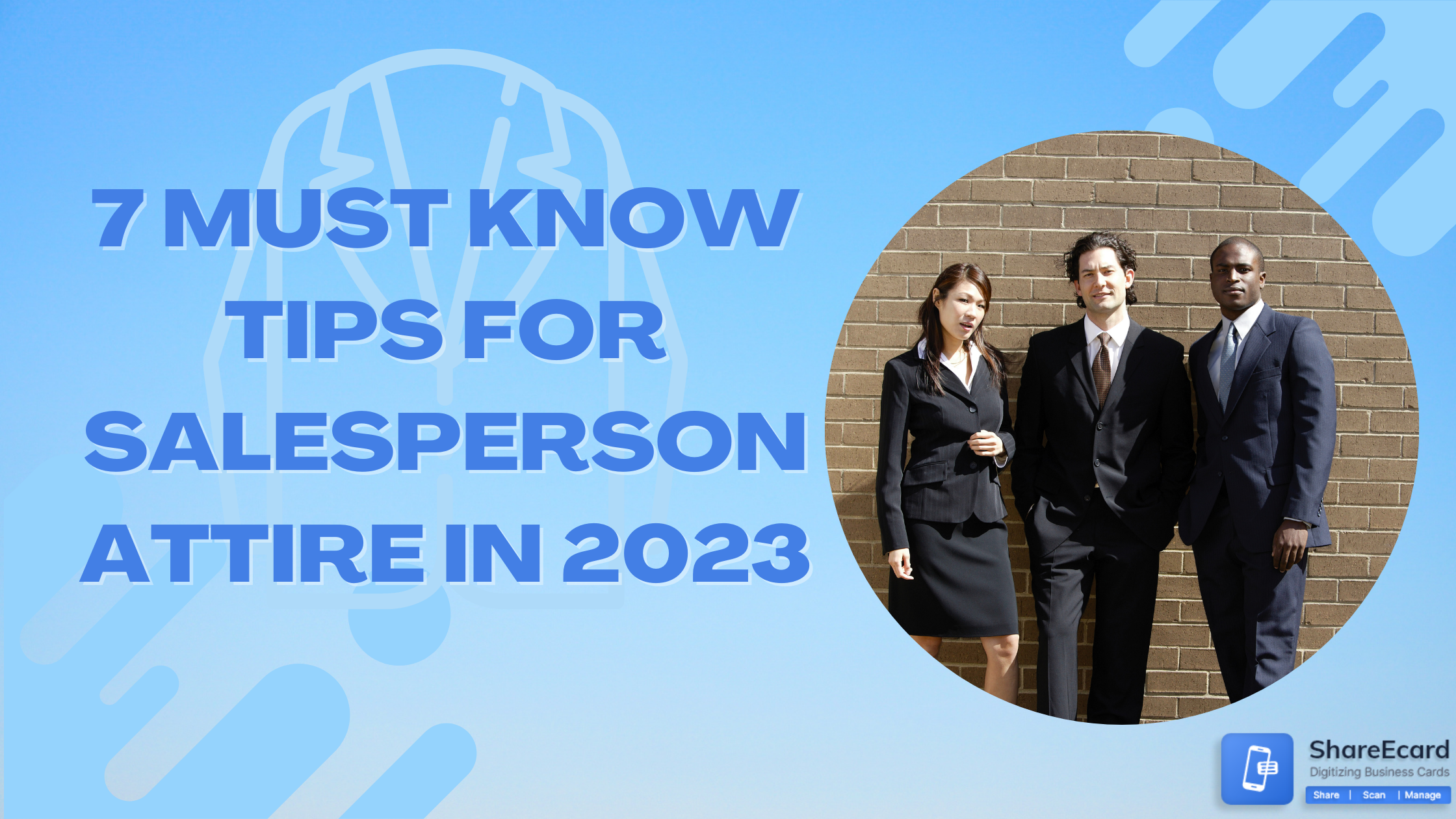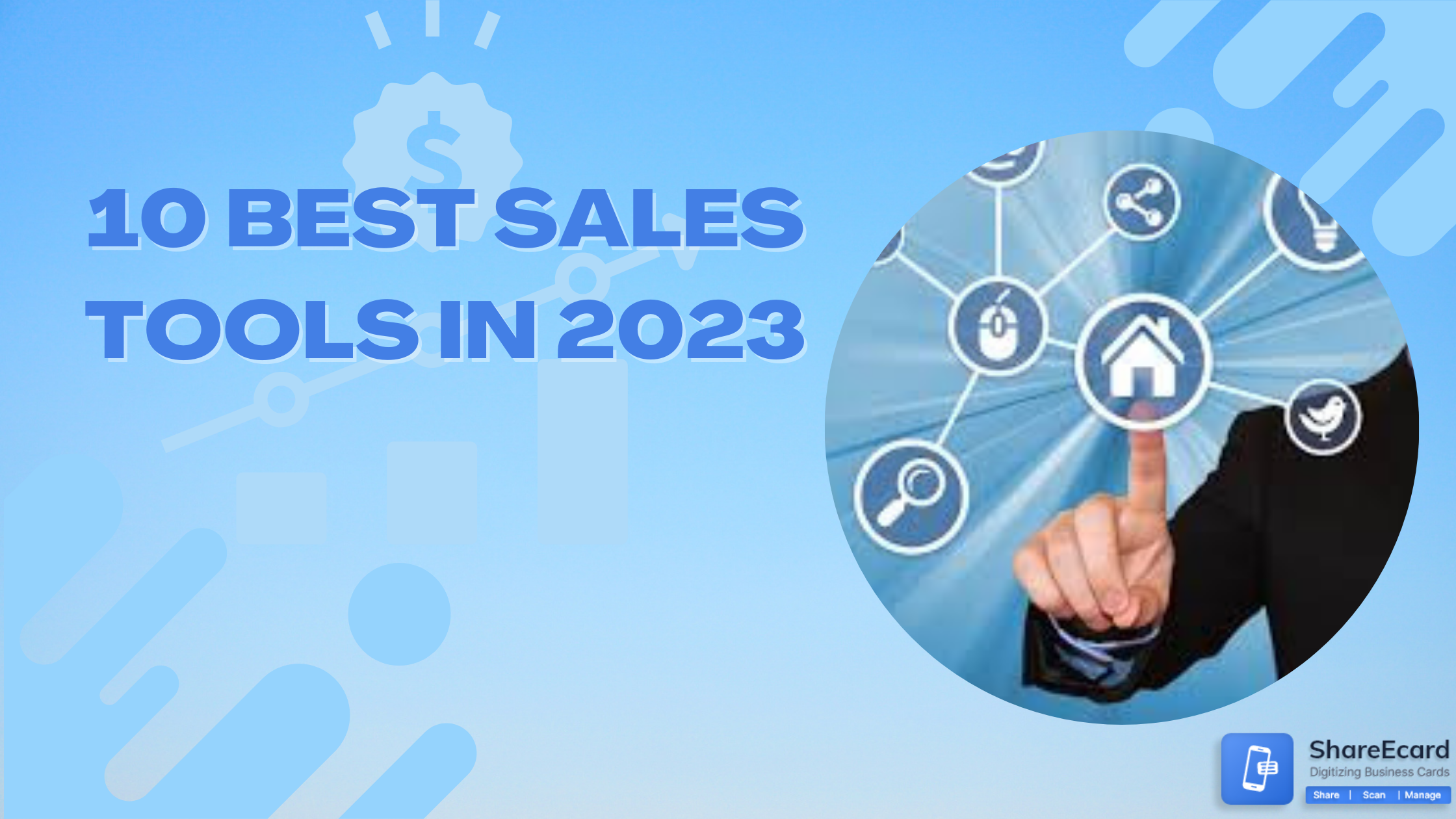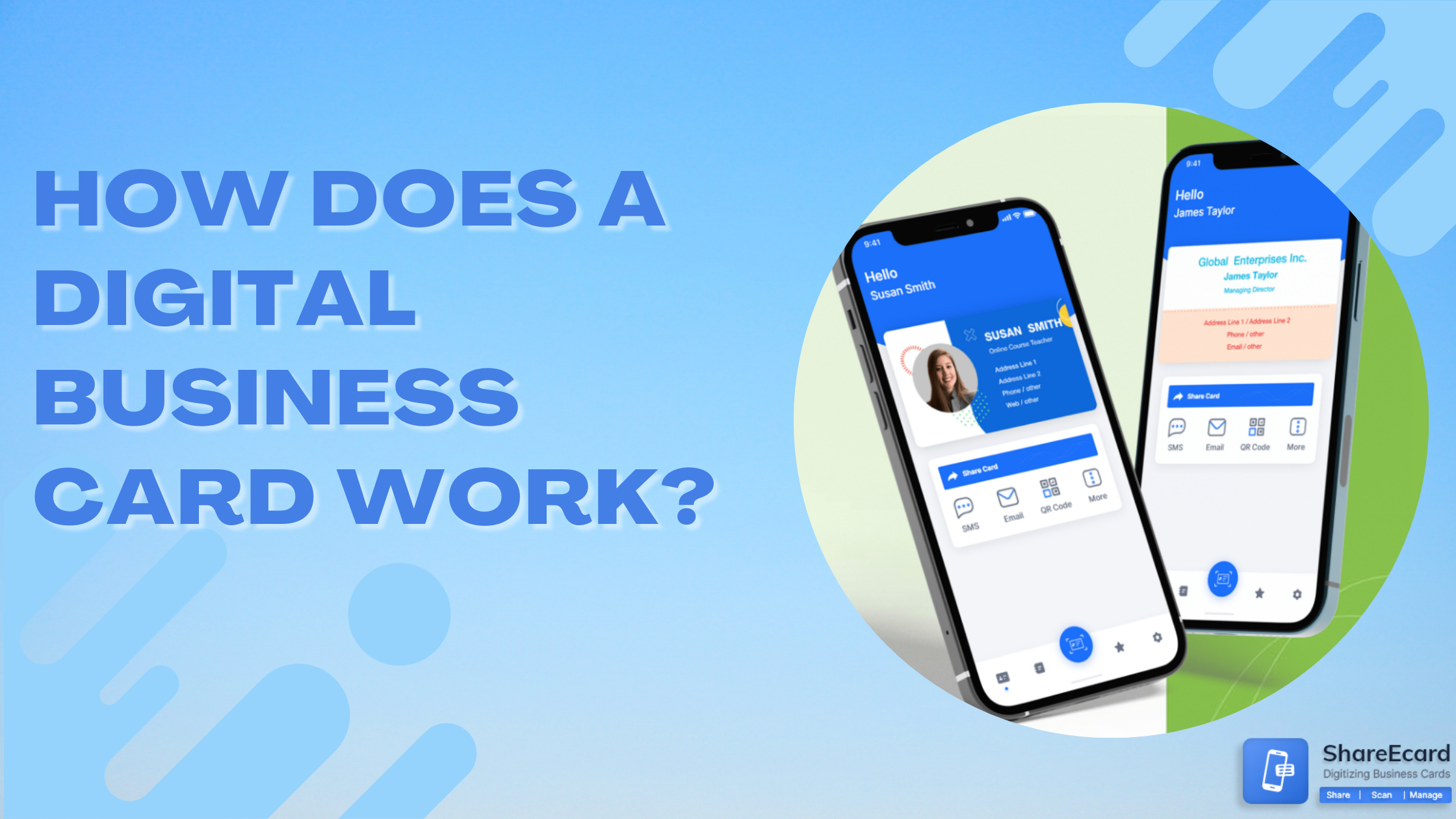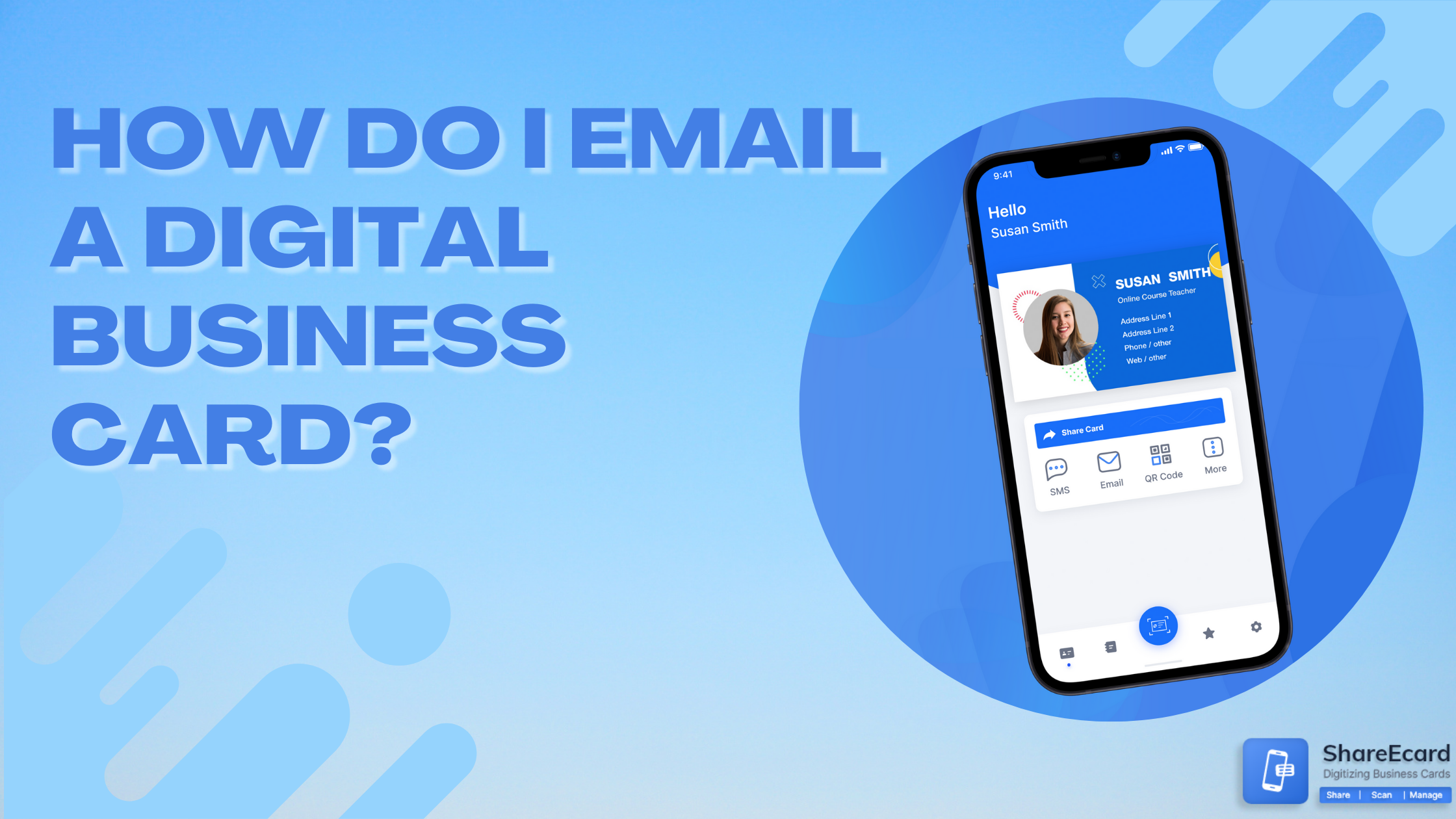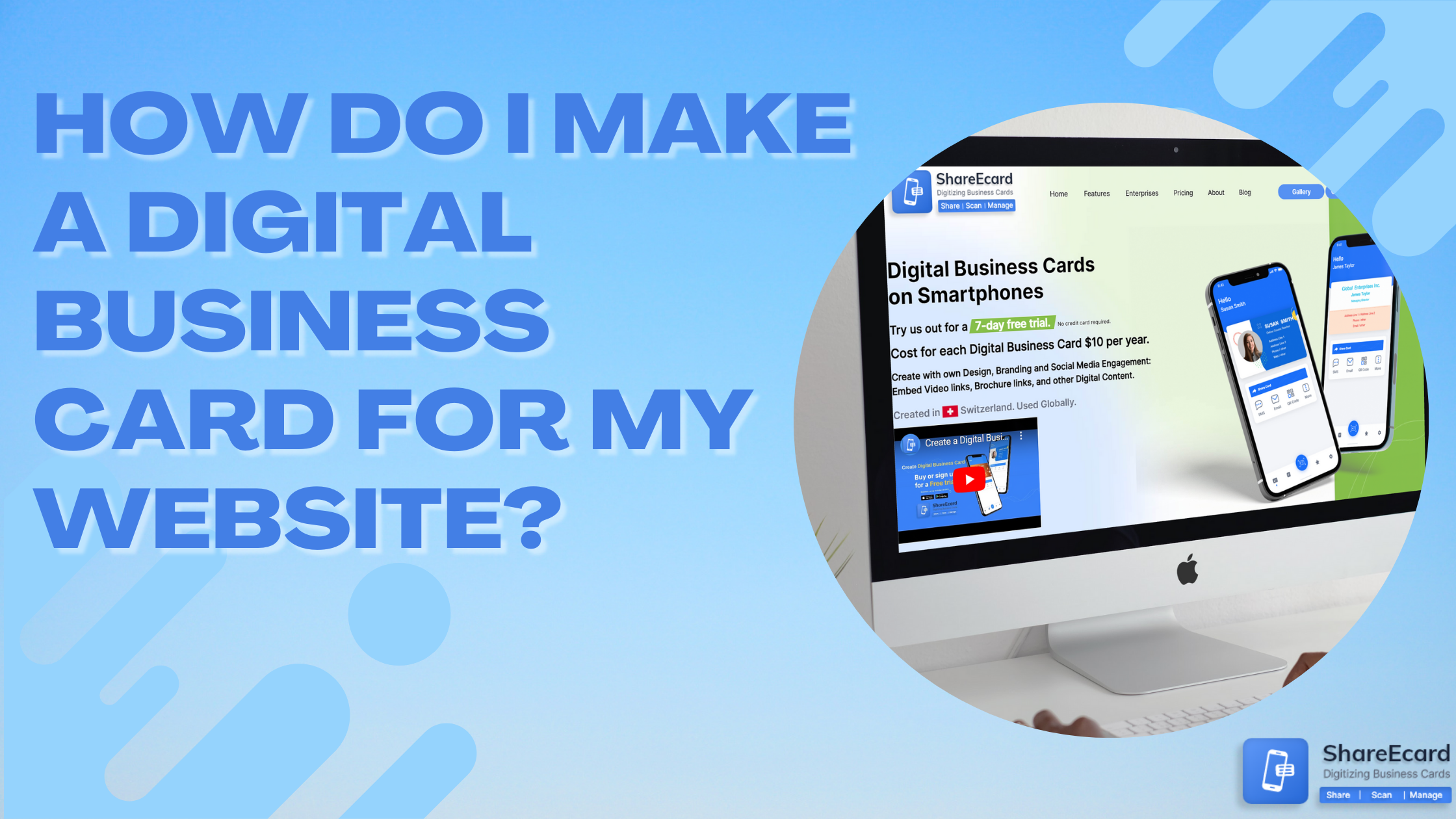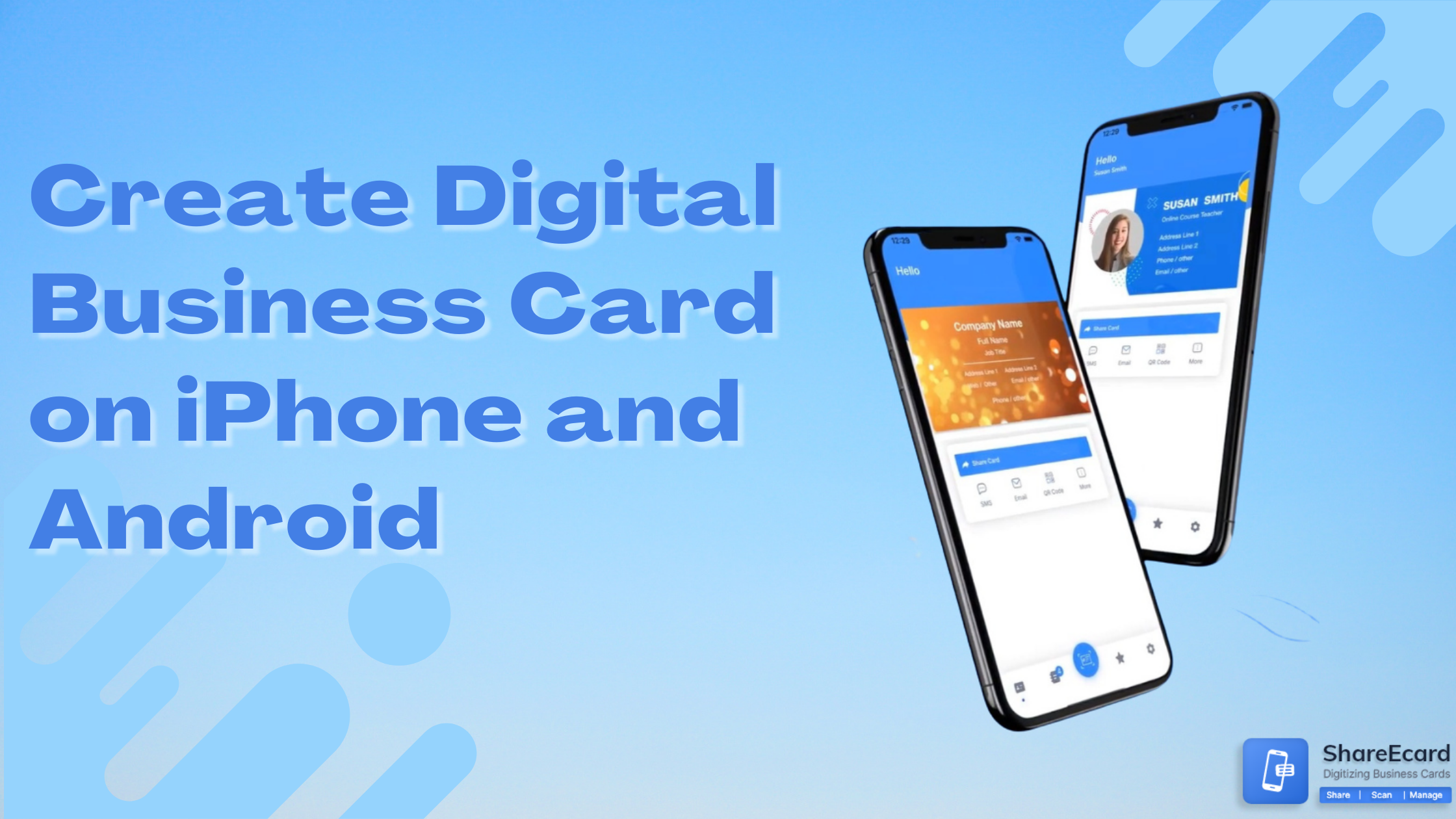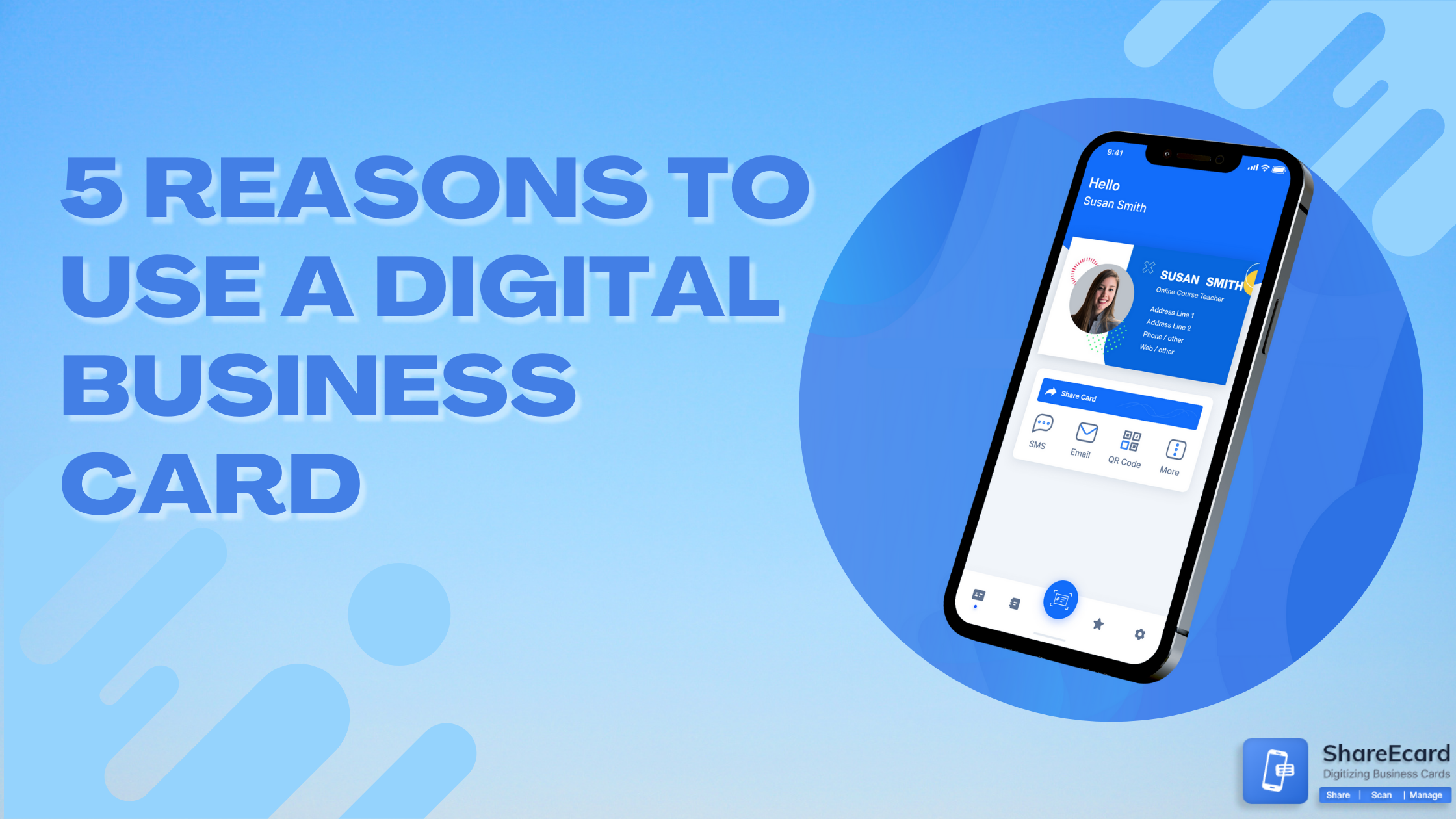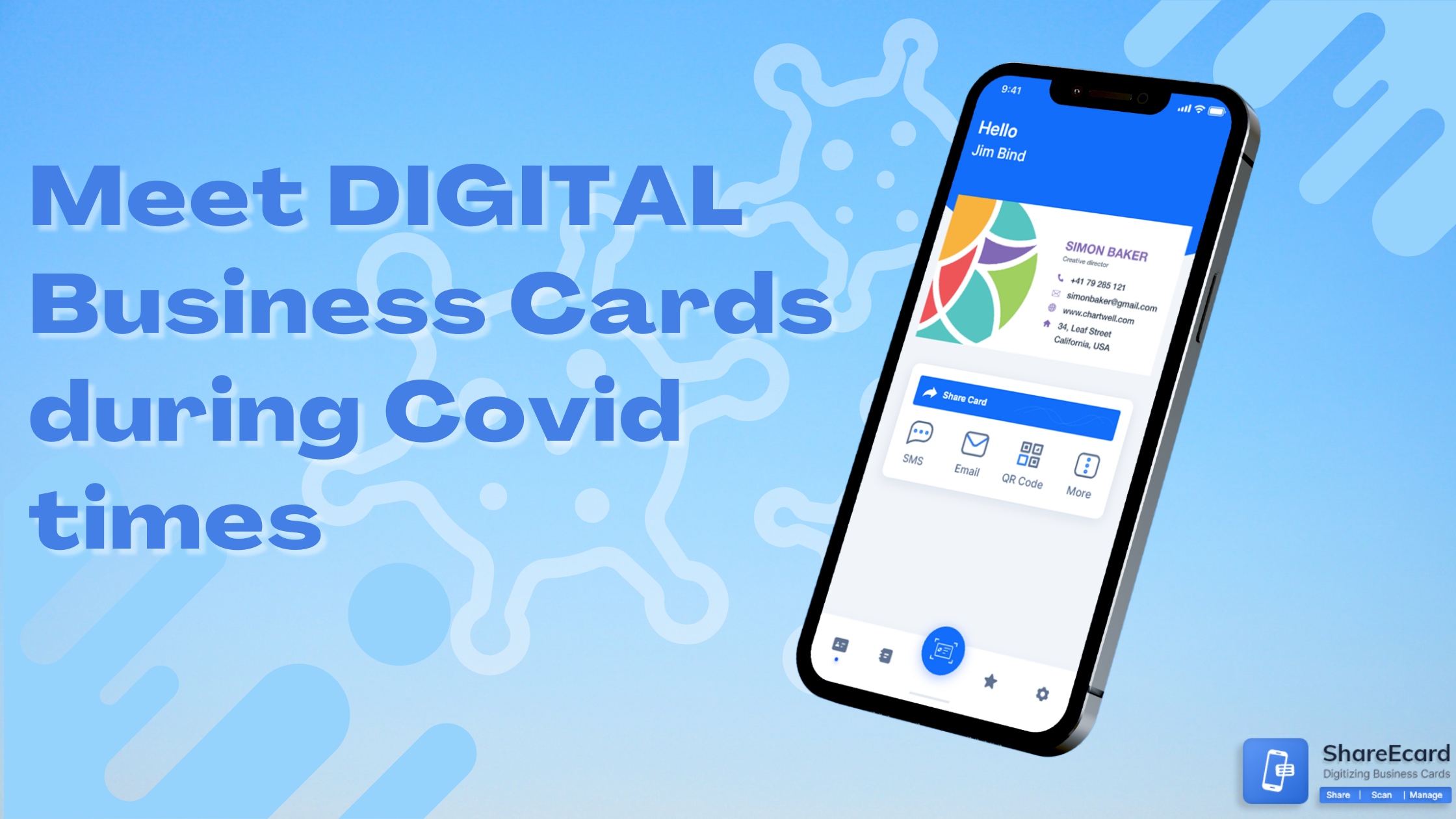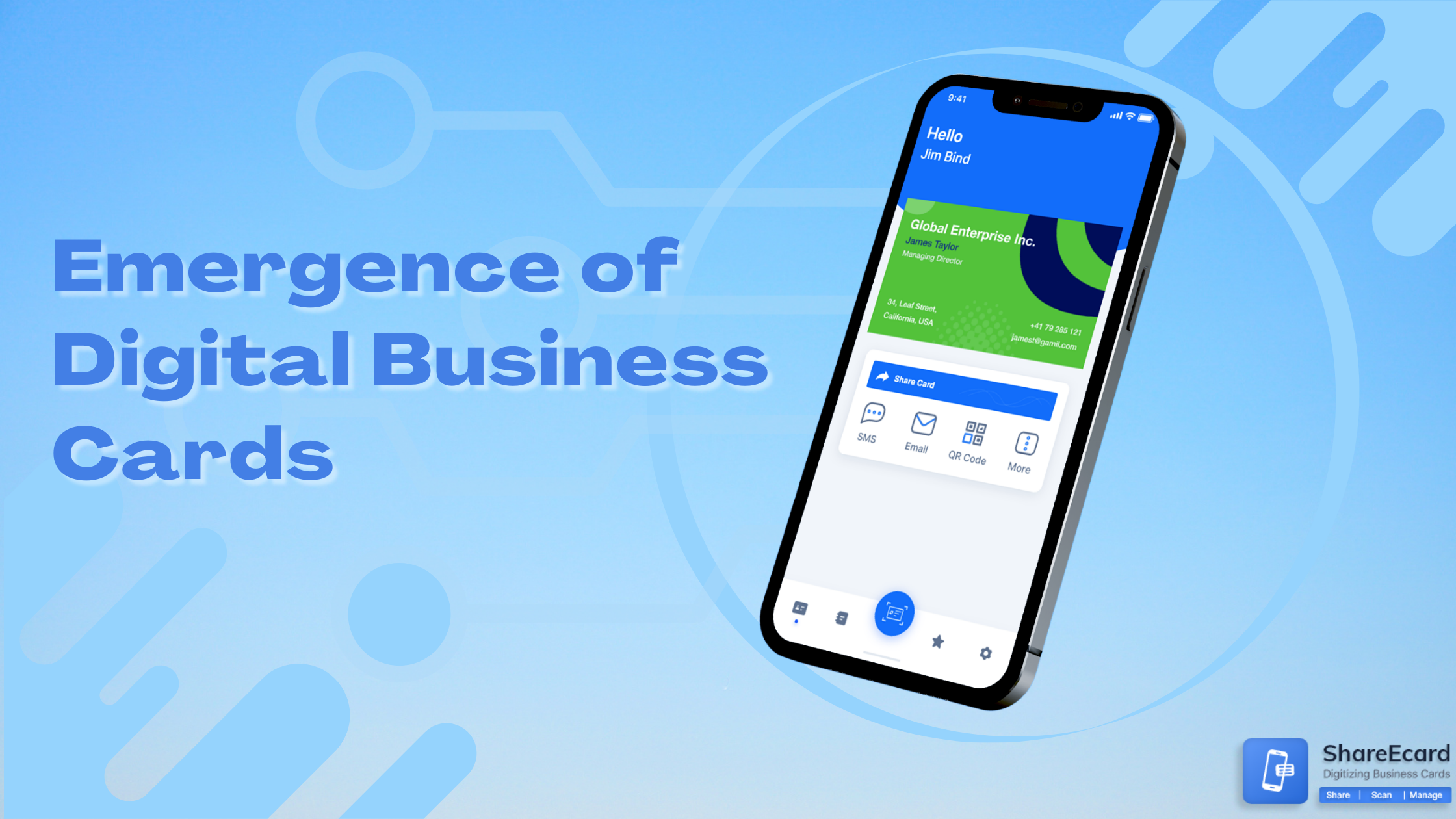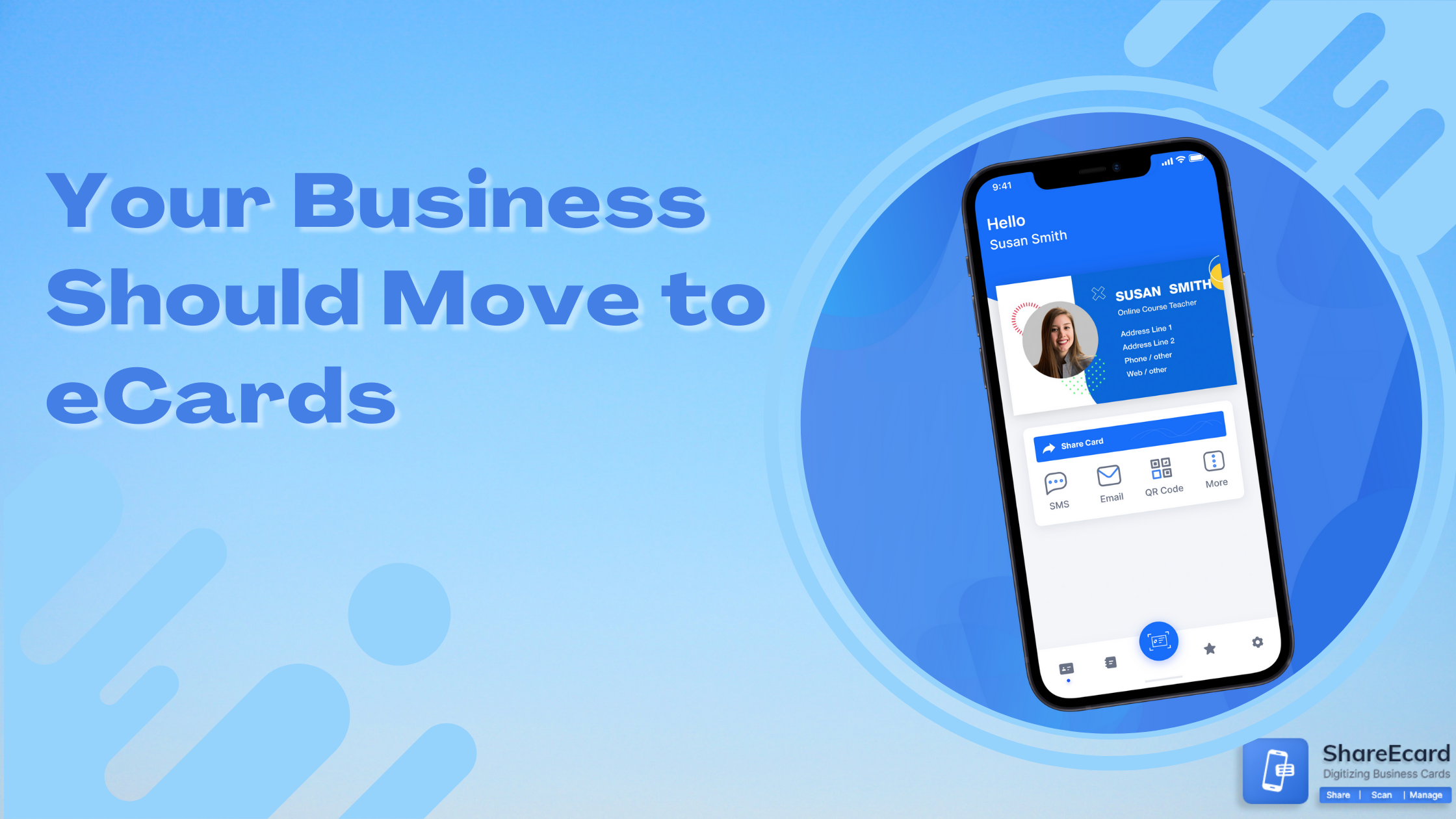What makes a good salesperson

-
One of the keys to succeeding as a salesperson is having the right personality and attitude. Sales are often portrayed as a cutthroat business where winning matters. But if you want to know why people buy from you, it’s best to focus on people.
Salespeople are generally paid based on several factors, including their performance. For example, you can earn a commission on a certain percentage of the gross revenue of your customers. Generally, a salesperson must be well-trained and demonstrate their knowledge of a specific product or service to get a job. The best salespeople often have a certain personality that allows them to interact easily with clients. However, some companies also look for certain traits in a salesperson, such as experience, integrity, and commitment.
-
1. Be prepared to make cold calls
A salesperson that makes cold calls is usually considered a nuisance. However, there are some compelling reasons why cold calling is still one of the most effective sales tools available to a marketer. It is the only way to reach prospective customers without a relationship and the only way to talk to people who don’t know you or trust you. It is also the only way to talk to people who aren’t motivated by your products and services. And it can be an incredibly effective tool for acquiring new customers if done correctly.
-
2. Demonstrate self-confidence
Most salespeople are nervous on the sales floor. They think they will need more time to close a deal because they feel too nervous. But you have to believe that you are successful. If you aren't, you'll never be. Think about how much easier it is to close a deal if you believe you're a winner. You may need to develop this confidence, but you must own it.
Don't think of yourself as a salesperson but as a communicator. Salespeople are expected to communicate with customers. Be friendly, warm, approachable, and enthusiastic. Don't come across as stiff or awkward. You want to demonstrate self-confidence, professionalism, and enthusiasm.
-
3. Show the prospect what you know
Don’t just sell them on your expertise. Propose a solution to the problem at hand. If they say no, ask how they expect things to be resolved and propose an alternative. You’ll find that people often don’t need the product as much as they need someone to tell them what they should be doing with it.
Do you know that great salesperson in the back of the room that always seems to know what’s happening in the business world? What makes that guy or gal stand out from all the rest? What do they say or do differently? Why is that person so successful in their career?
It’s common for salespeople to show potential customers that they know something about their needs and use this information to close a sale. However, there’s a difference between telling a prospect about something you know they don’t and using your knowledge to demonstrate that you have a solution.
-
4. Offer something extra
To close a sale, salespeople must offer something extra to their customers. And that doesn’t mean that a salesperson has to provide a gift or a discount to secure a purchase. It’s usually the case that the customer is willing to pay the same price for a product or service as everyone else—it’s just that salespeople are offering something extra to seal the deal. But that doesn’t mean offering something extra makes a sale any easier.
If the other person doesn’t have any interest in your product or service, don’t push. It is a good time to offer a discount or freebie that will appeal to your potential customer.
-
5. Know your product
Salespeople need to know their products. But this doesn’t mean they need to memorize every single detail about it. A good salesperson uses the right combination of knowledge and empathy to help sell their product. Sales professionals must understand their products and customers, but salespeople must never lose sight of their primary responsibility: to make their customers feel comfortable.
It is something I’m very guilty of. I’ll start a conversation with someone, and I'll start talking about myself without asking if they know what I sell. I could lose them if it’s not what they’re looking for. You must know what you’re selling to speak intelligently about it. You’ll do better in sales if you understand what your customers need and what makes them tick.
-
6. Listen, listen, and listen
To be effective as a salesperson, you have to learn to listen. You'll irritate your customers if you’re always pitching or trying to sell something. Listening is essential to the sales process. Ask questions and listen to your customer’s answers. What is her main reason for purchasing your product or service? Then listen to the response.
-
7. Keep your word
According to studies, people don't trust a salesperson that lies. Brian Tracy a Canadian-American motivational speaker and author says even if a company offers a free trial or other incentives to entice customers, it's still a bad idea to promise things you can't deliver. He says, the rule of thumb is that customers will never forgive you for taking their money.
Good salespeople keep their word. They don’t ask for more than they’re going to give. And if something goes wrong, they say, "I apologize for not being able to help you. I am going to do everything I can to make it right." In contrast, bad salespeople tell you exactly what they're going to do and how much it will cost. You will have to pay them the rest of the way if you can't afford it.
-
Conclusion
In conclusion, Sales professionals need to understand themselves, their products, and their customers to succeed. The best salespeople always know themselves, their products, and their customers. If you want to be a great salesperson, you need to know yourself, your product, and your customer. If you can do that, you’ll have the self-awareness to make the right calls regarding your product and your customers. Also, you must possess the skill to get what you need from them. The best salespeople know the power of listening and connecting with their customers. You’ll never make a sale if you don’t know your customer.
